office: LA Edition
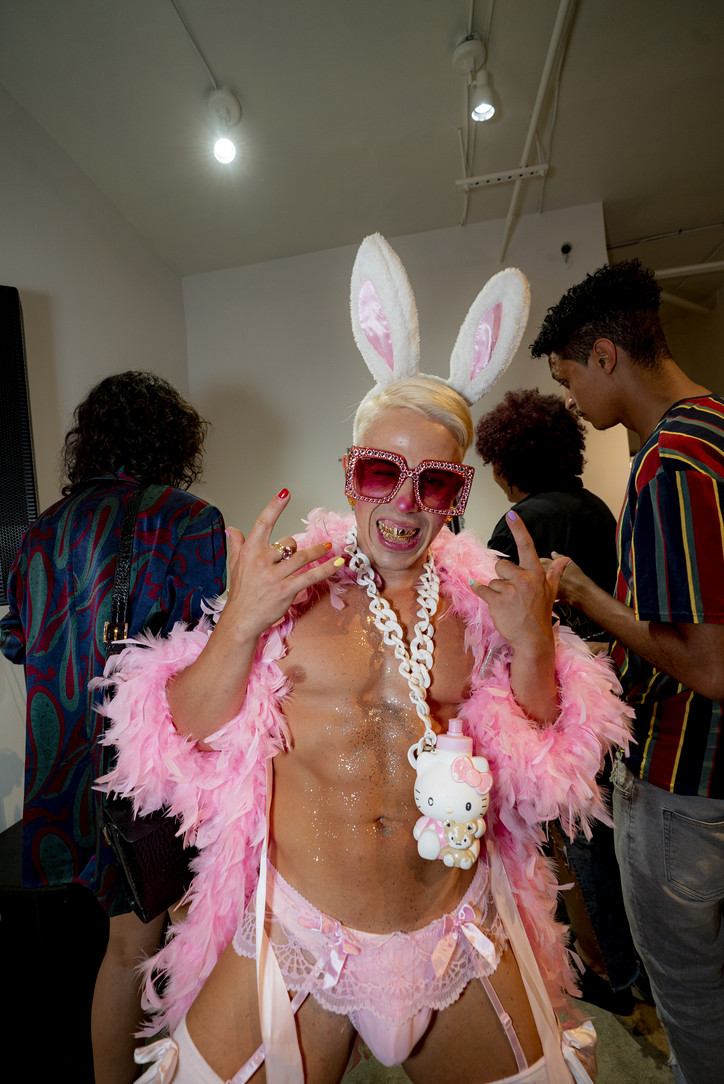
Check out some photos from the event below and come visit us on 424 Fairfax, LA—we'll be here for a while.
Stay informed on our latest news!

Check out some photos from the event below and come visit us on 424 Fairfax, LA—we'll be here for a while.
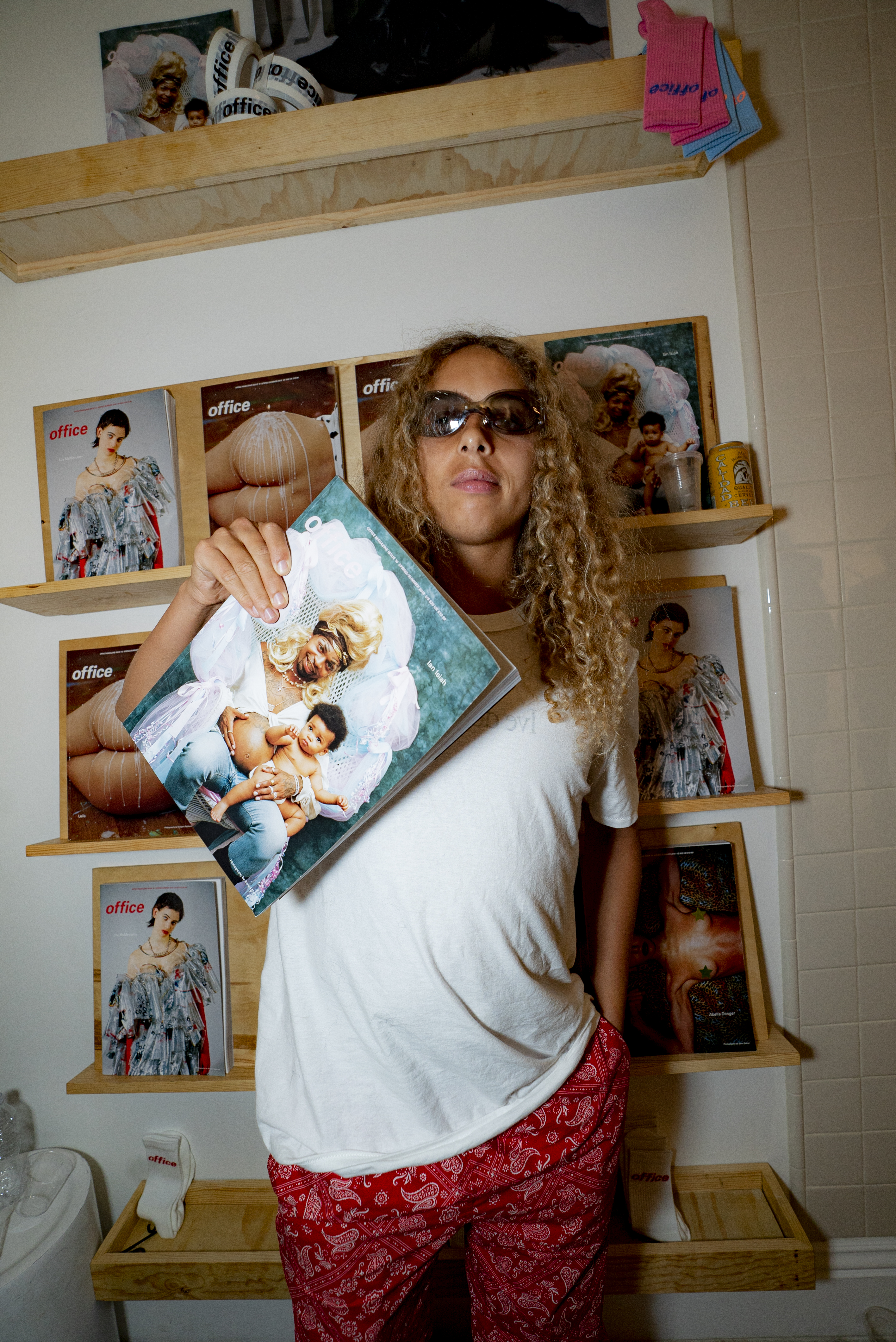
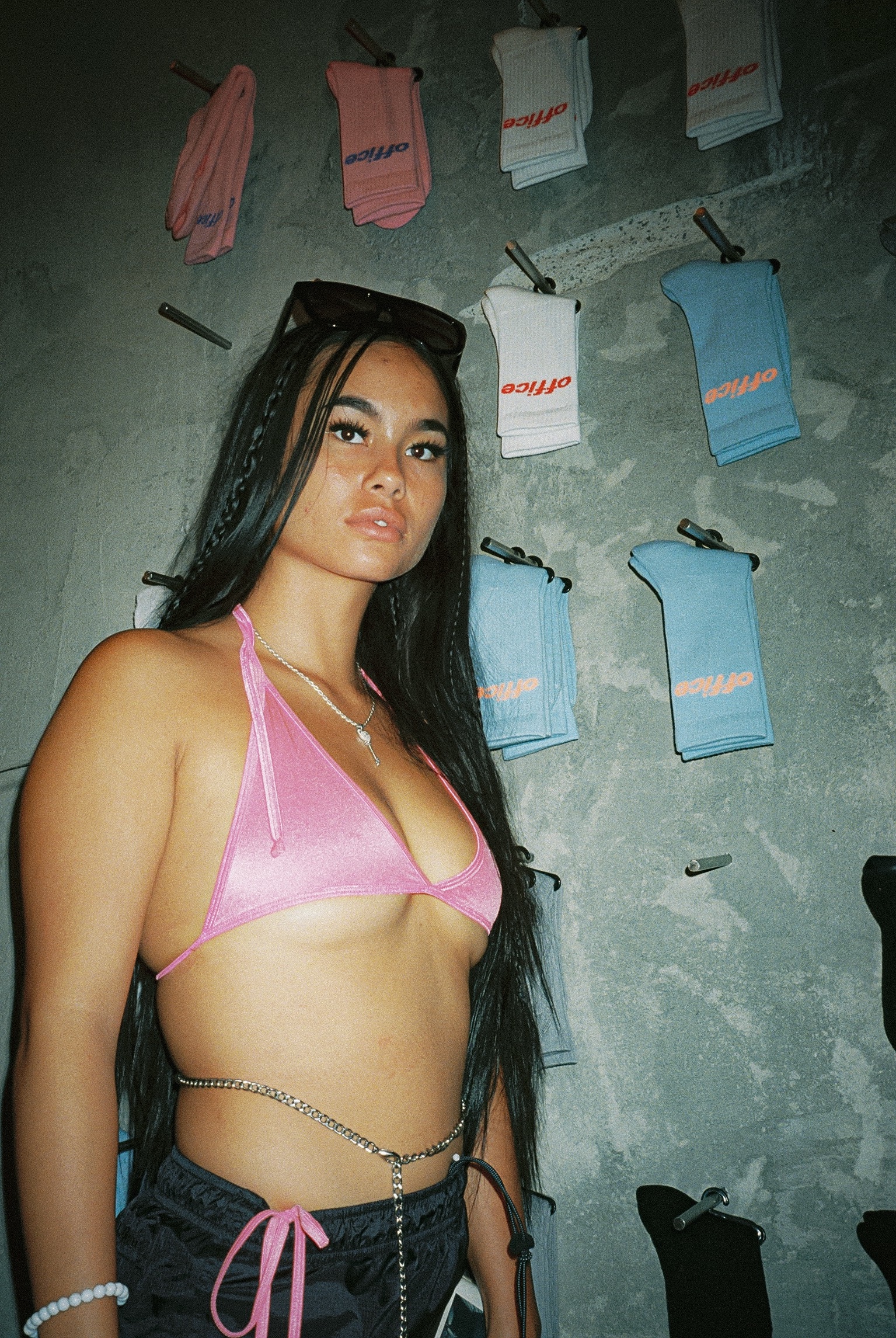
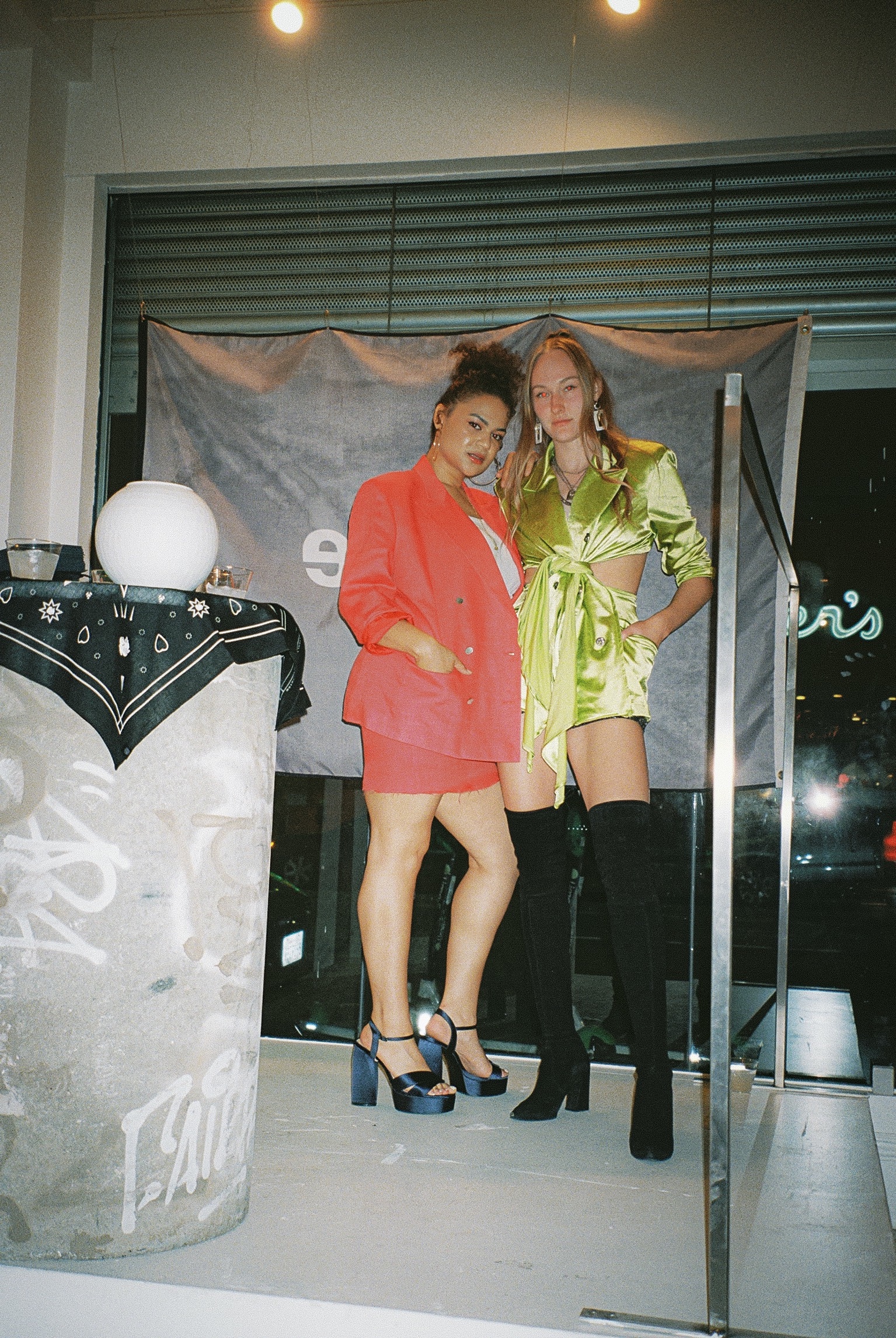

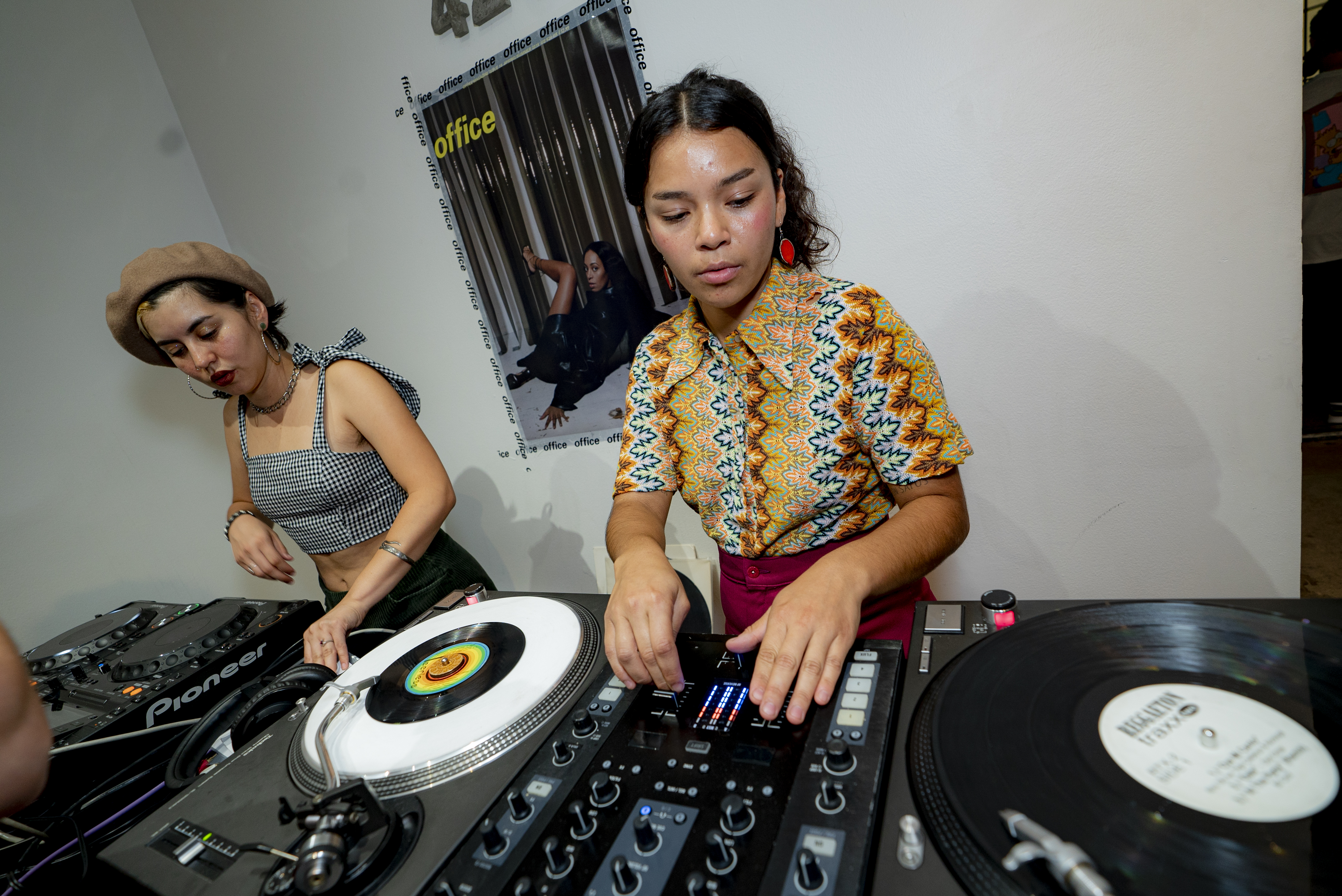
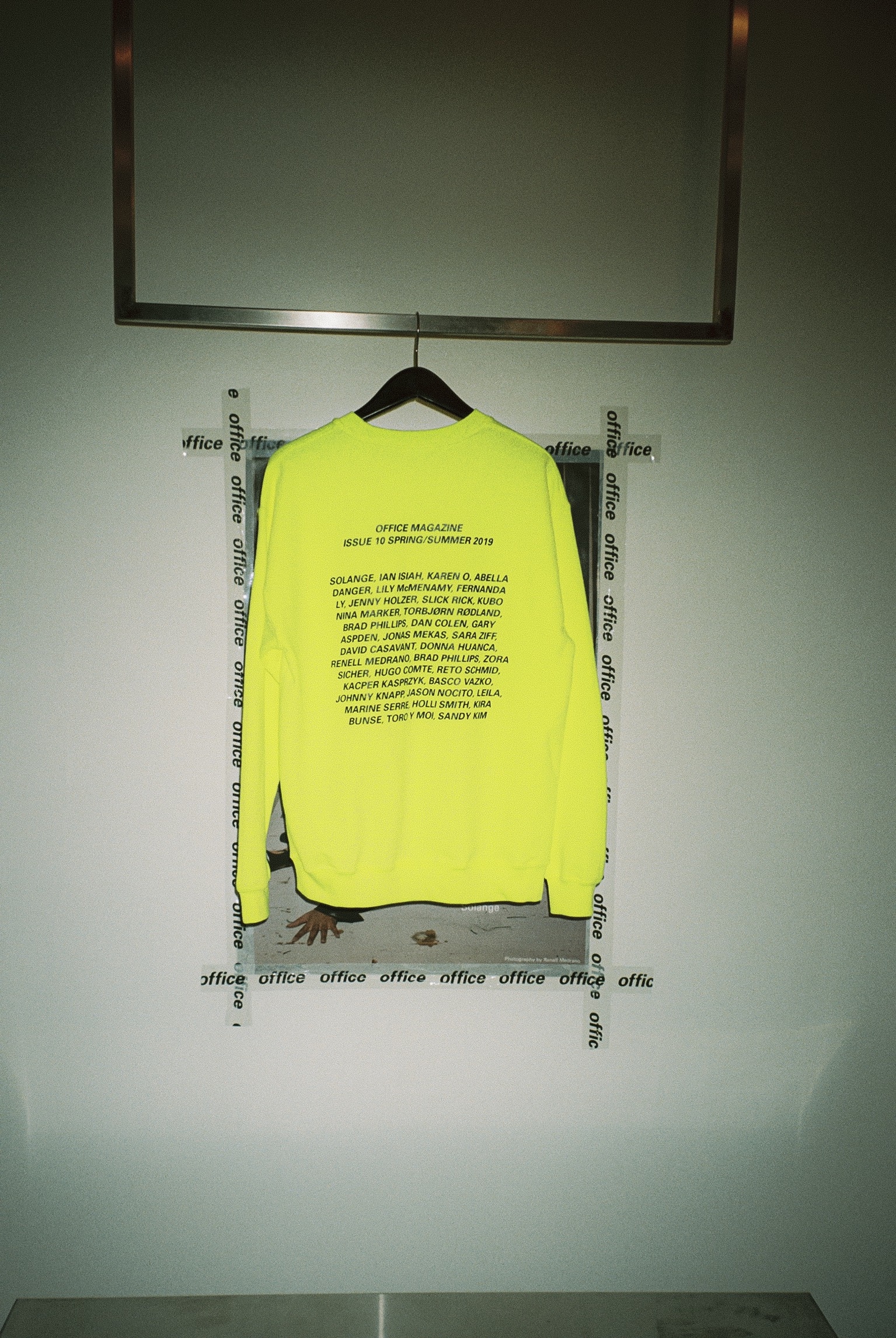

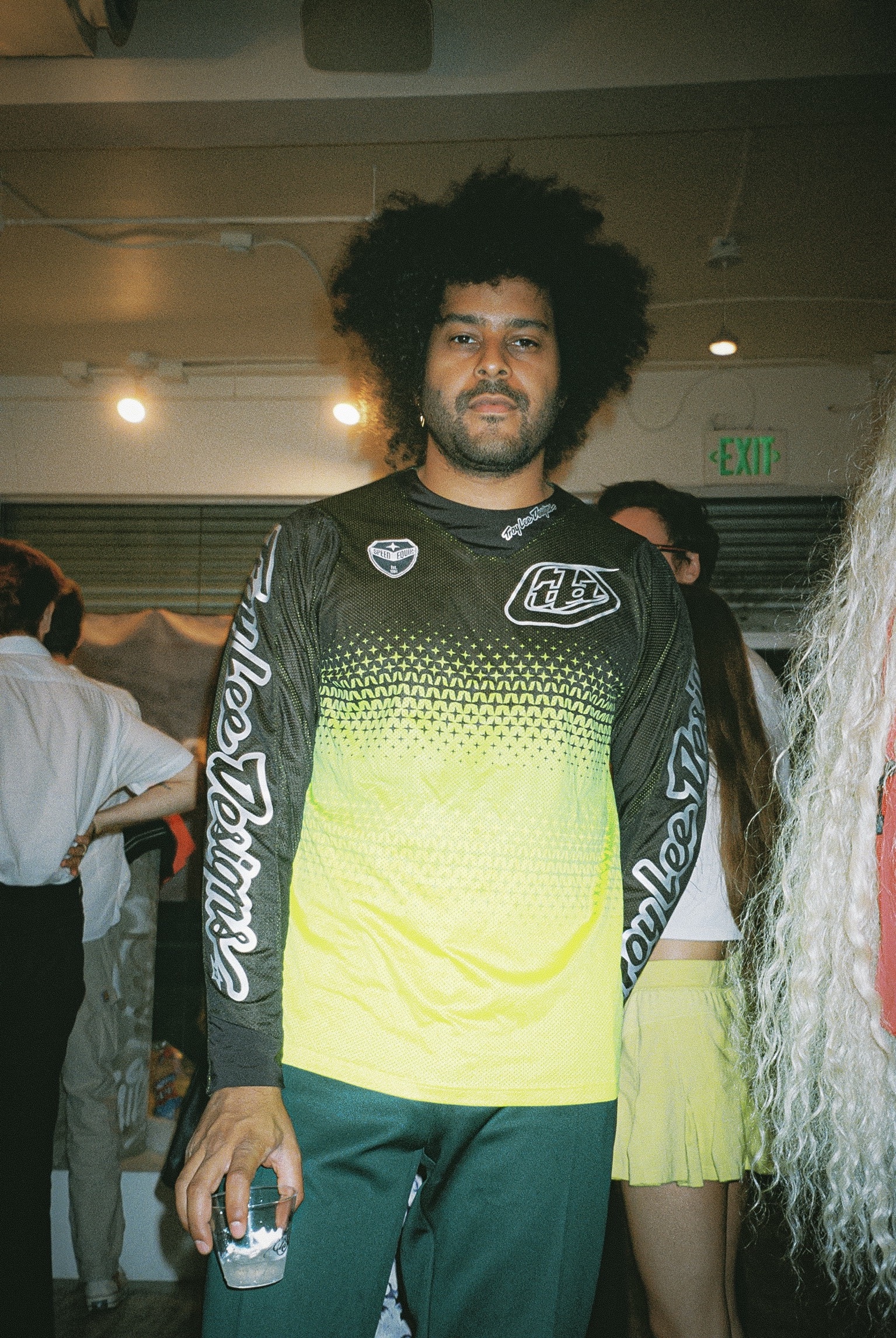
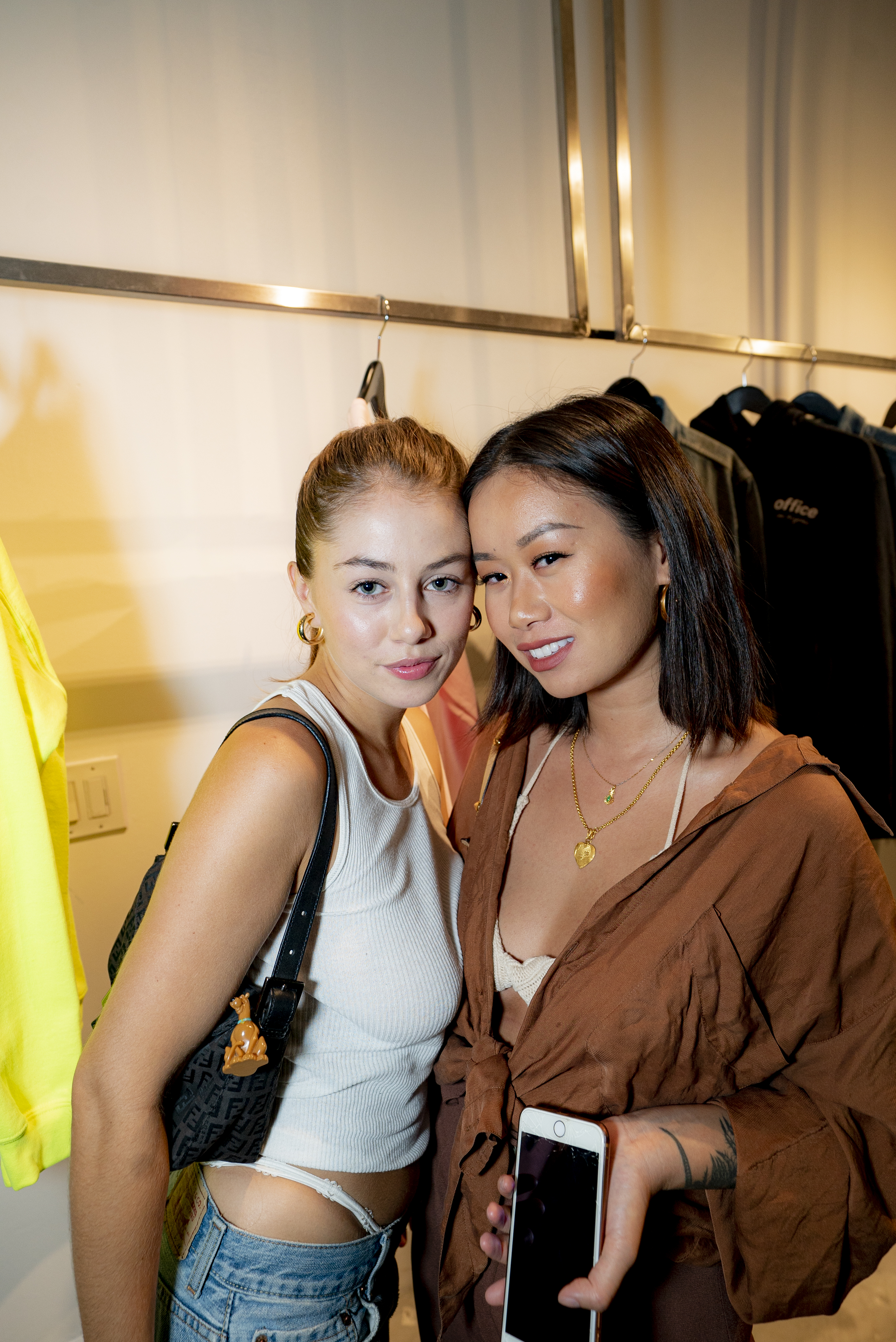
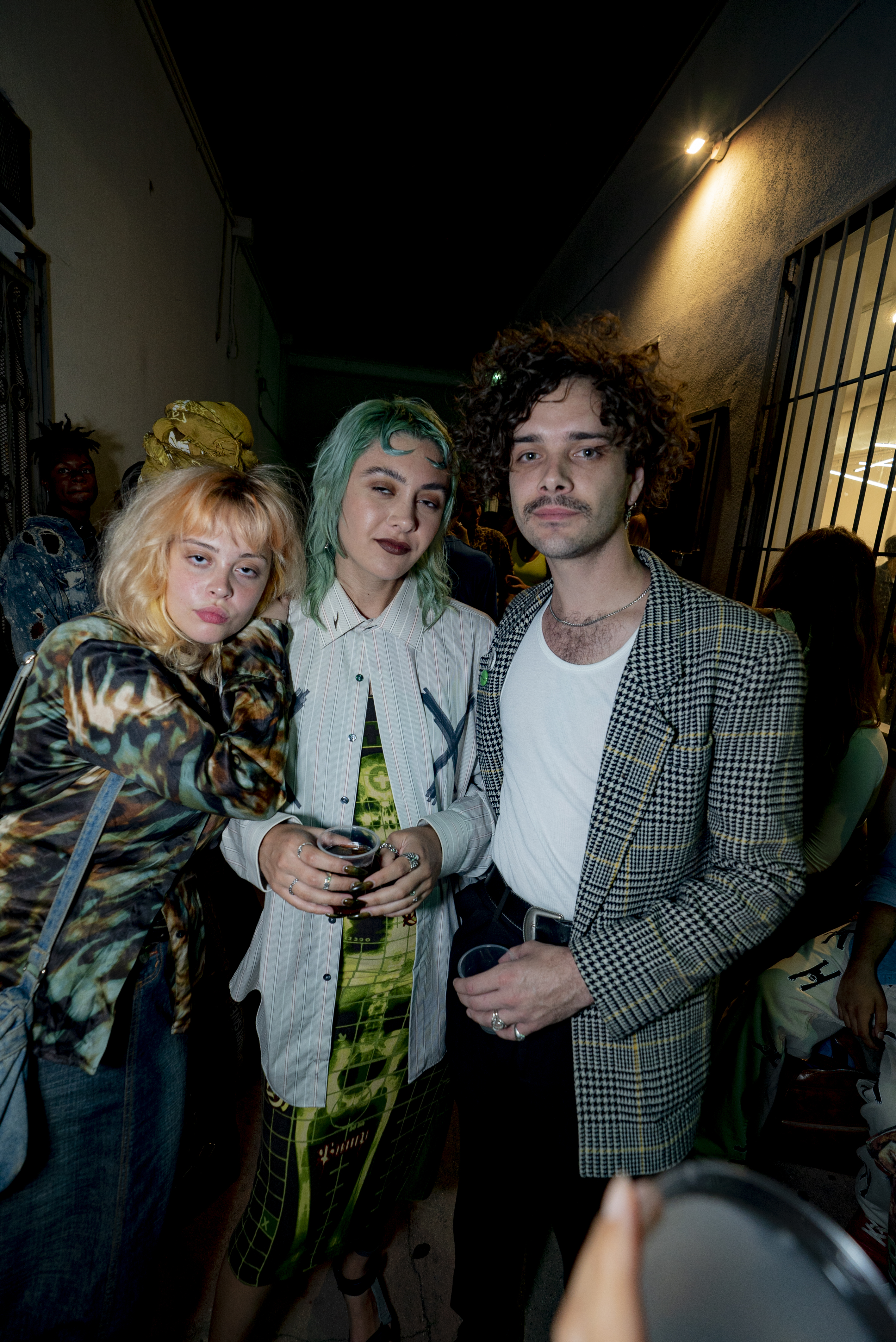
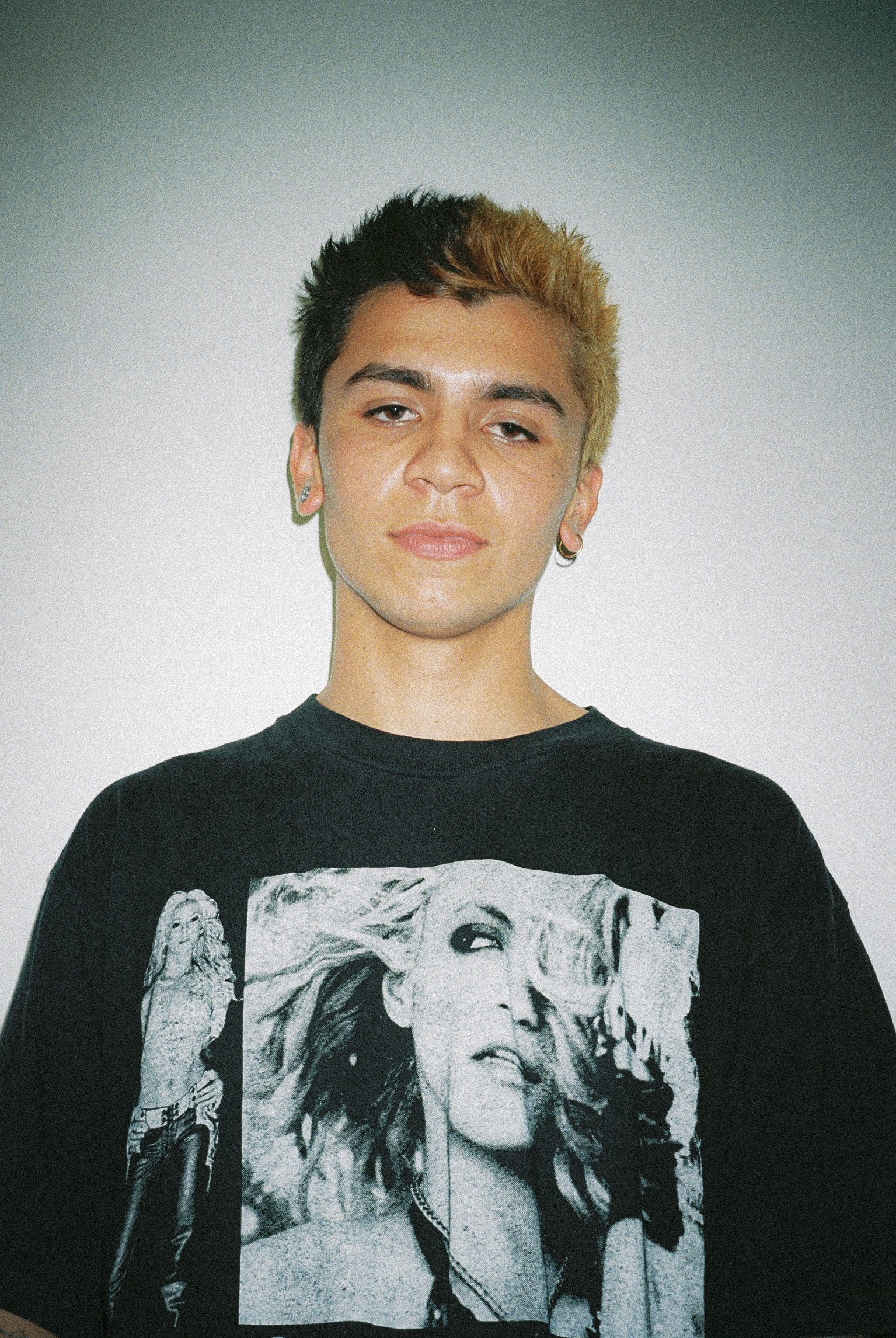
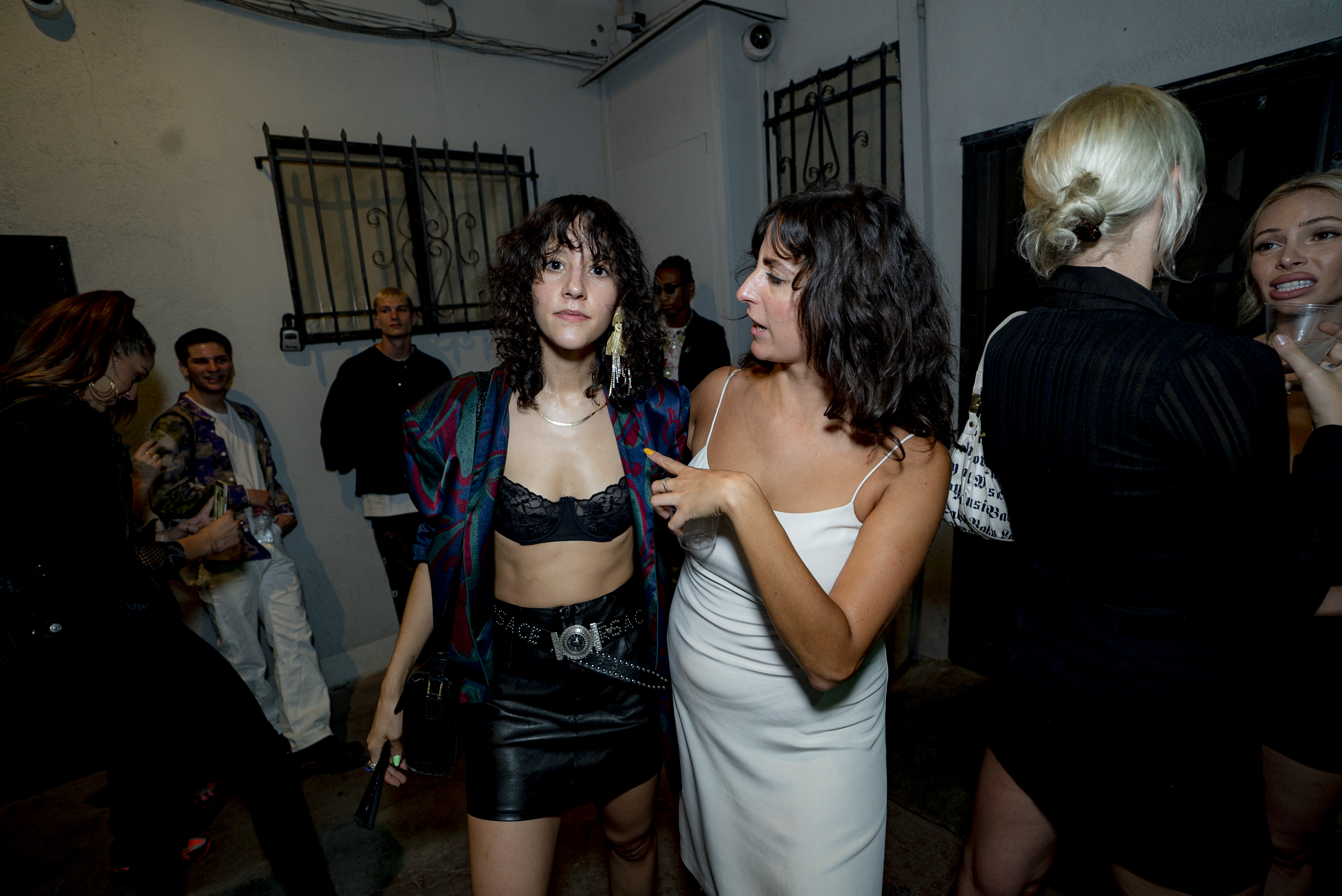
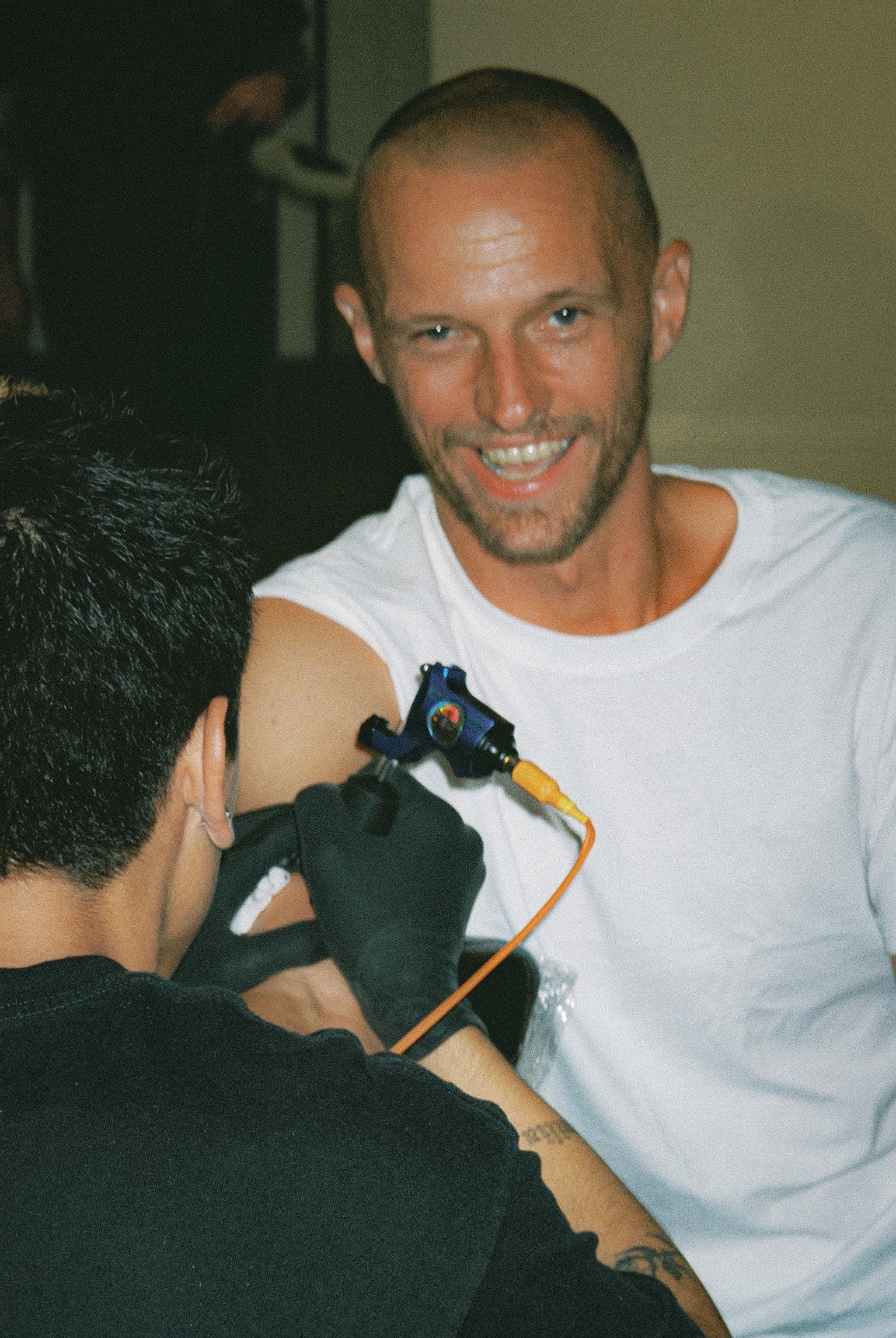
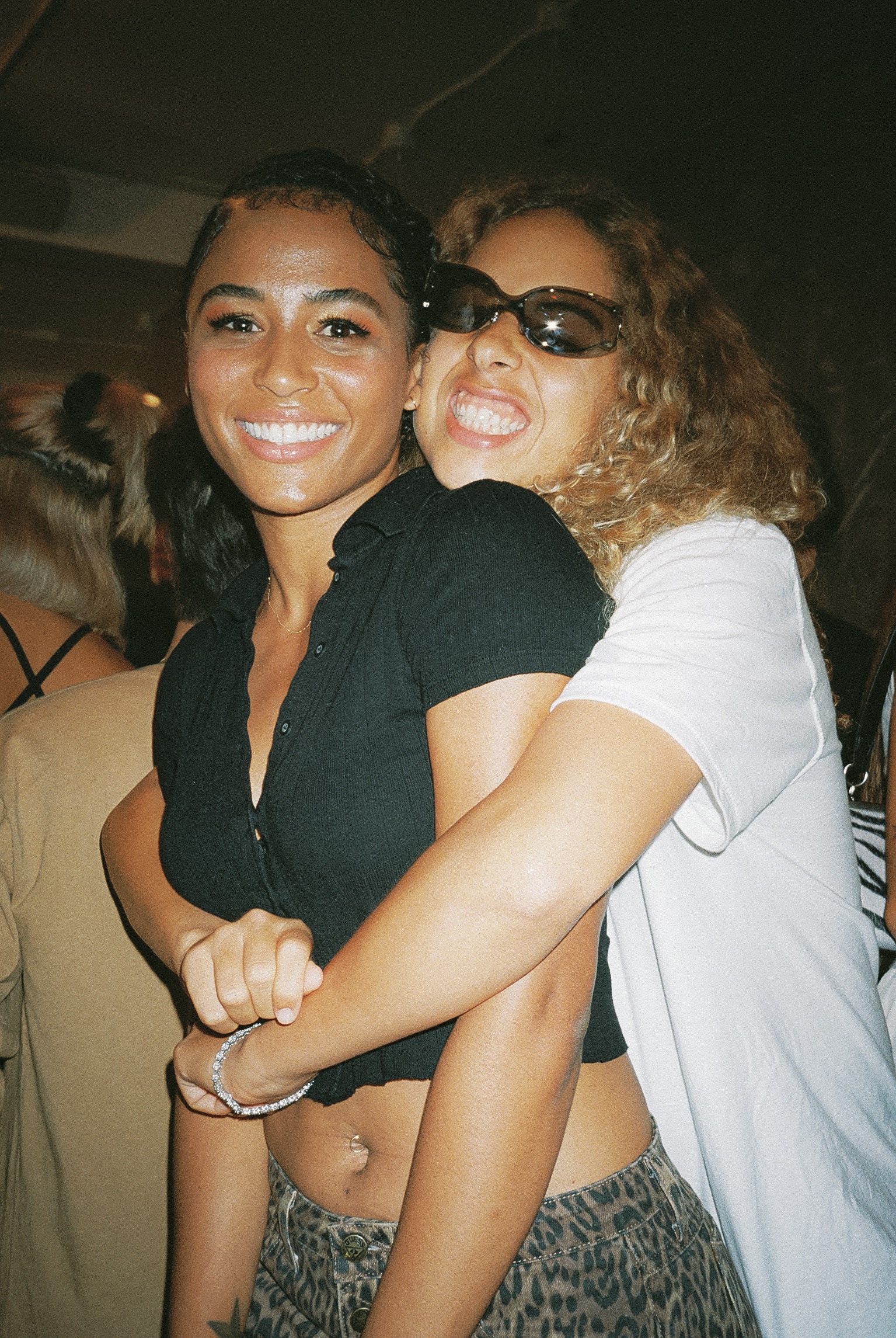
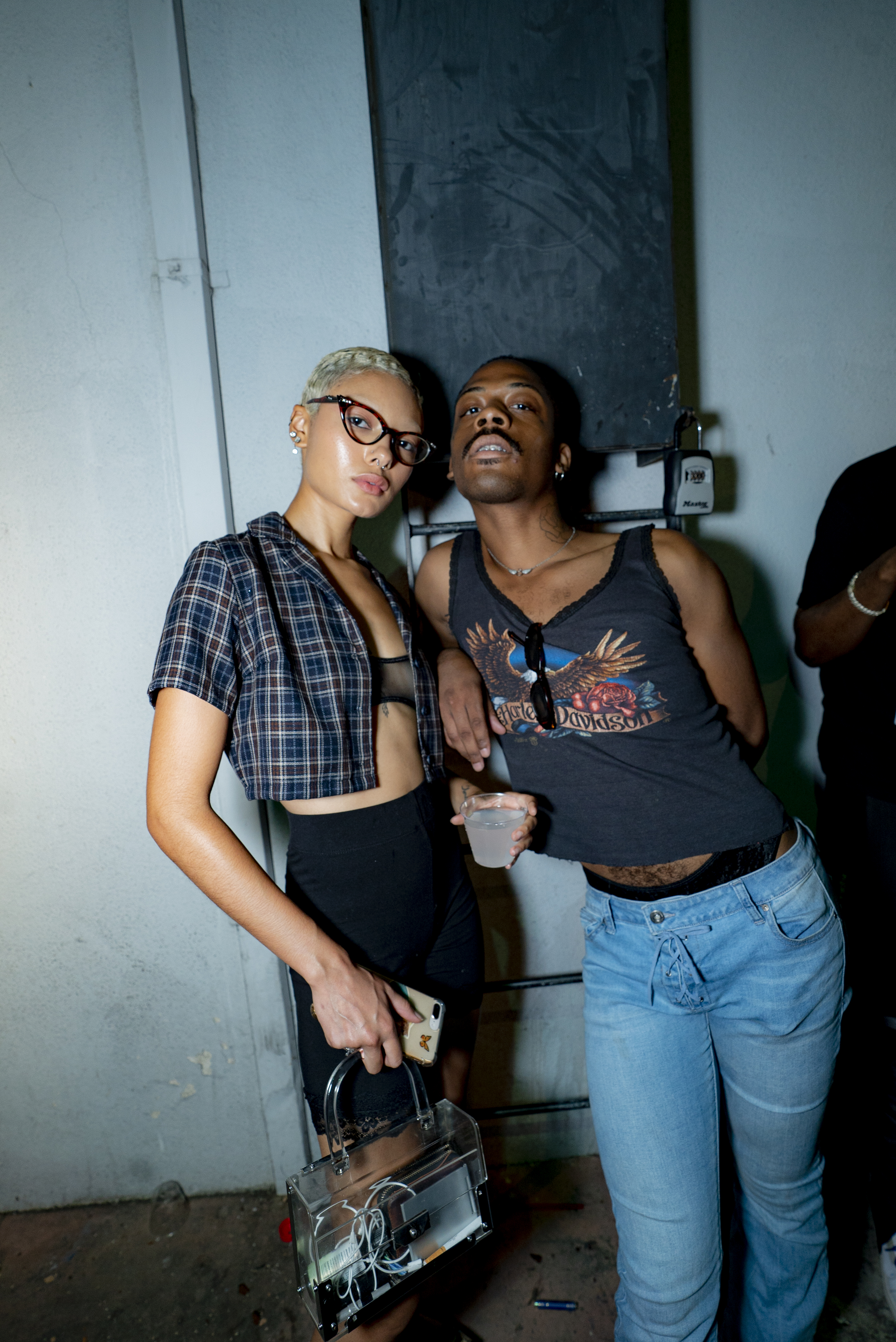
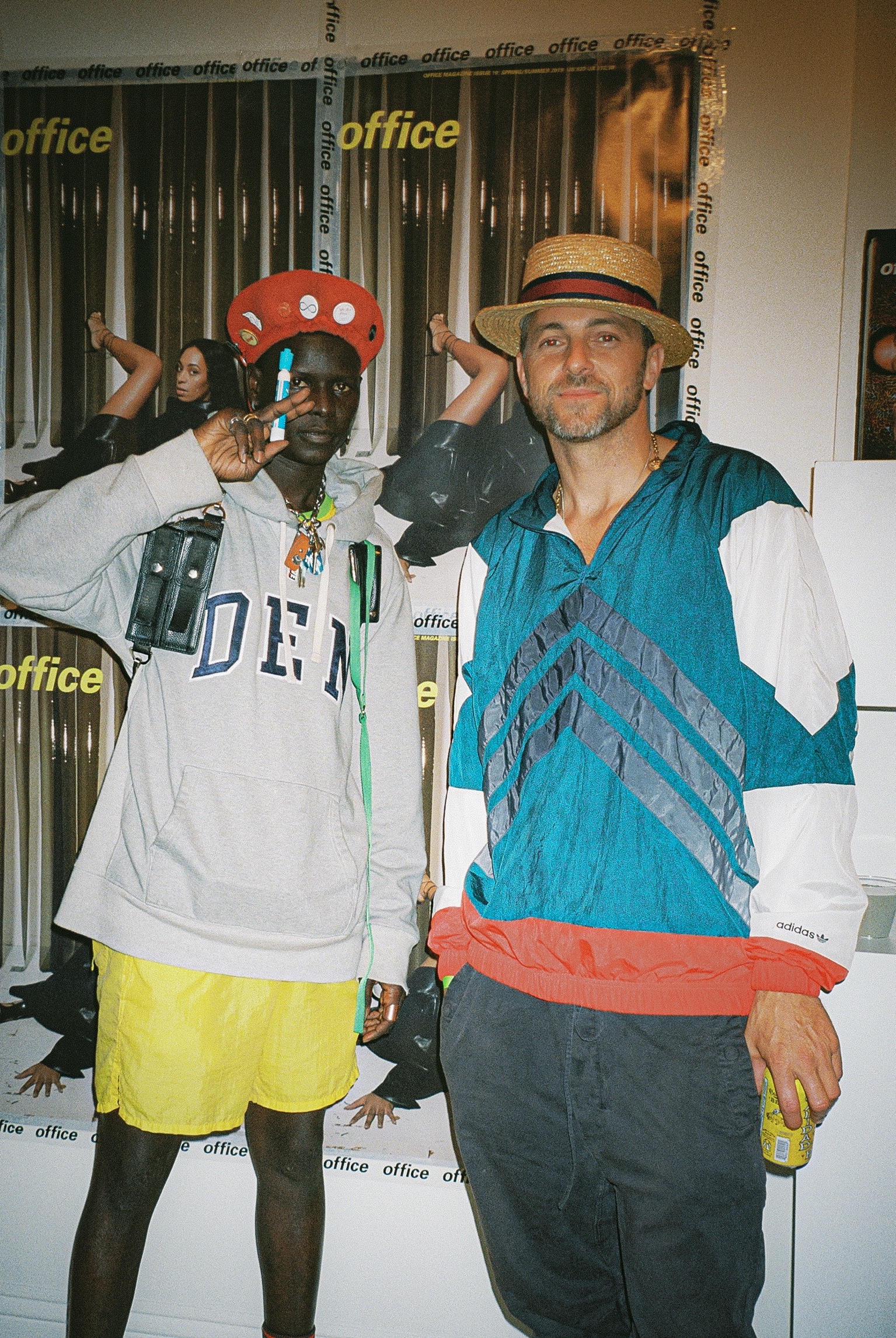
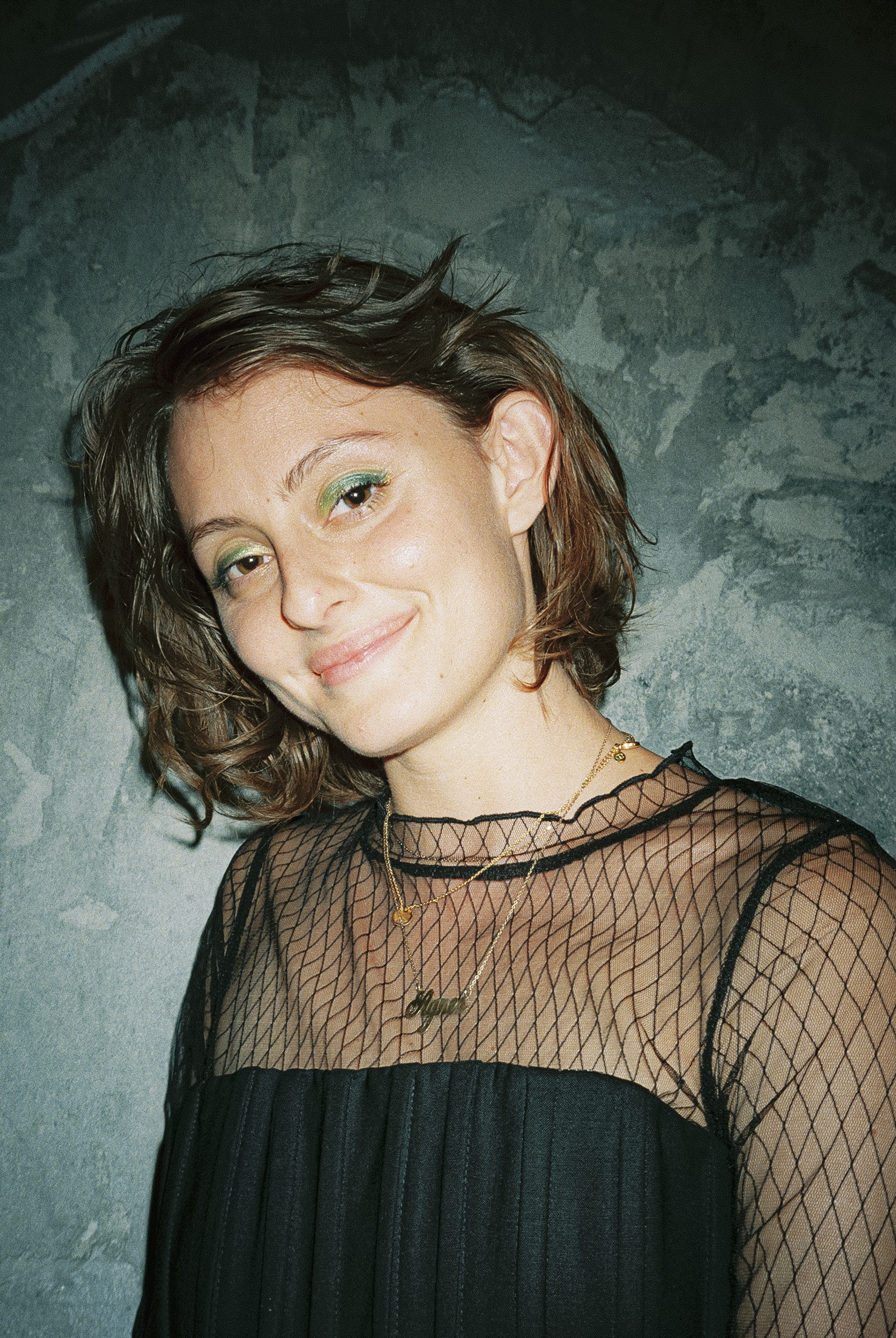

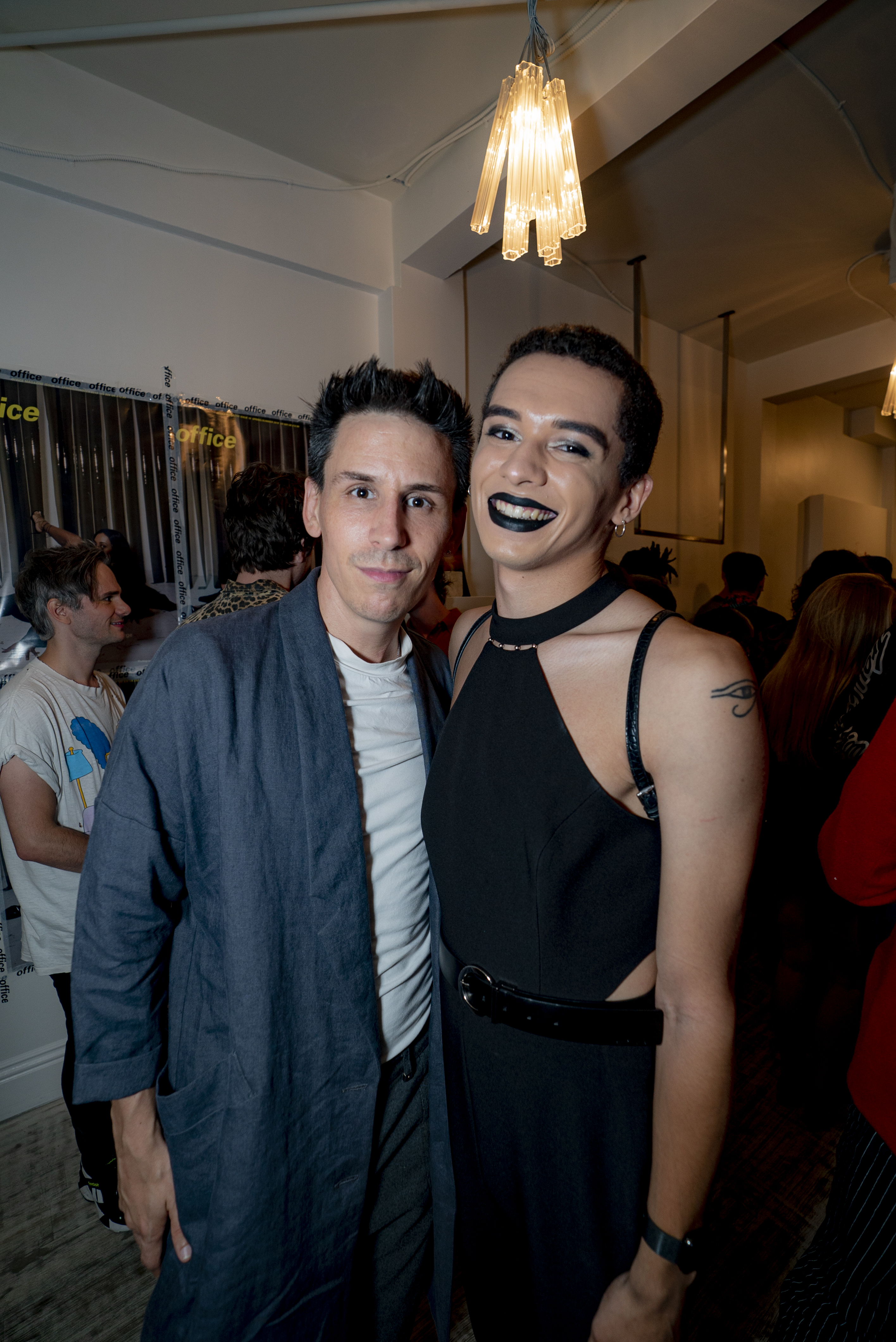
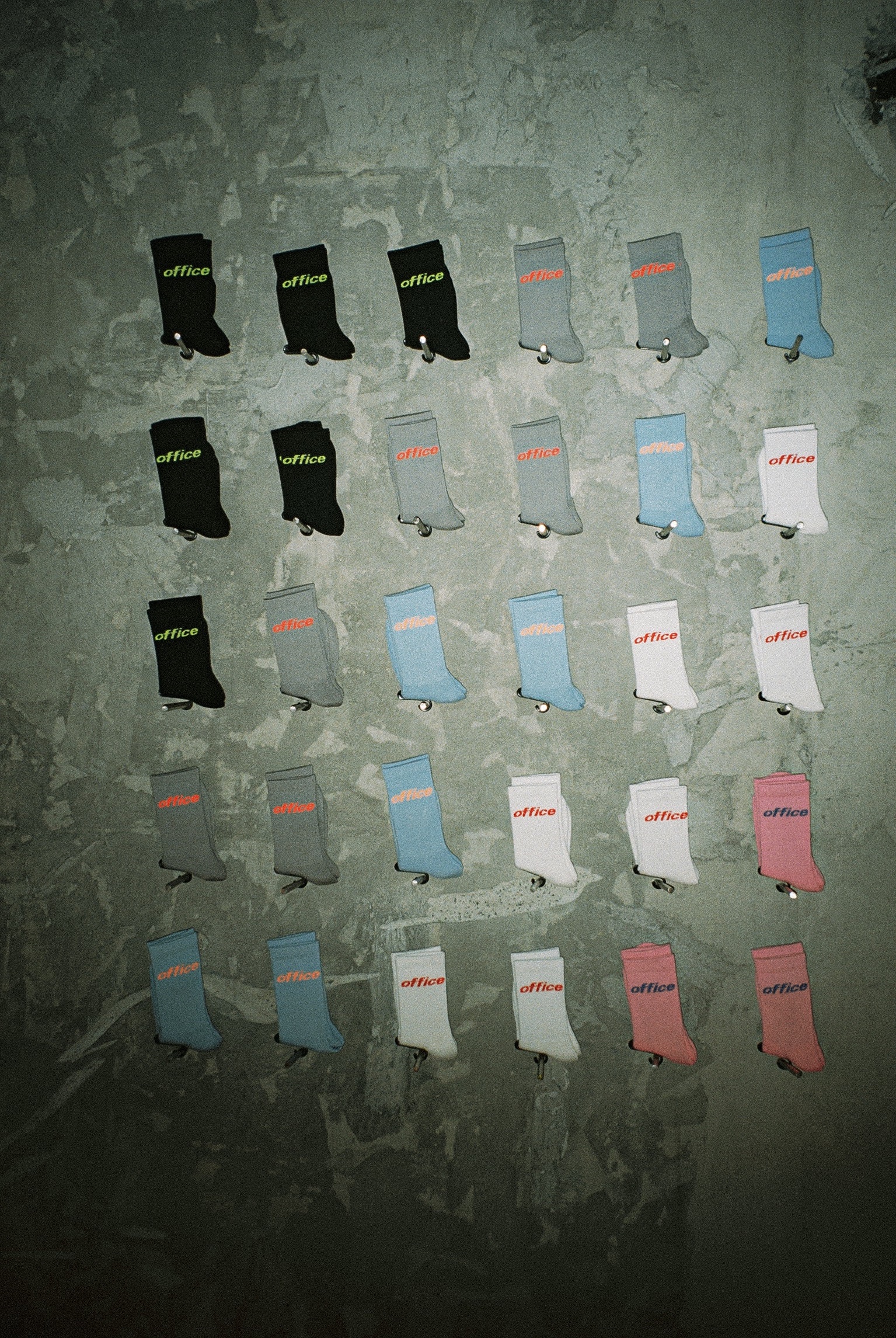
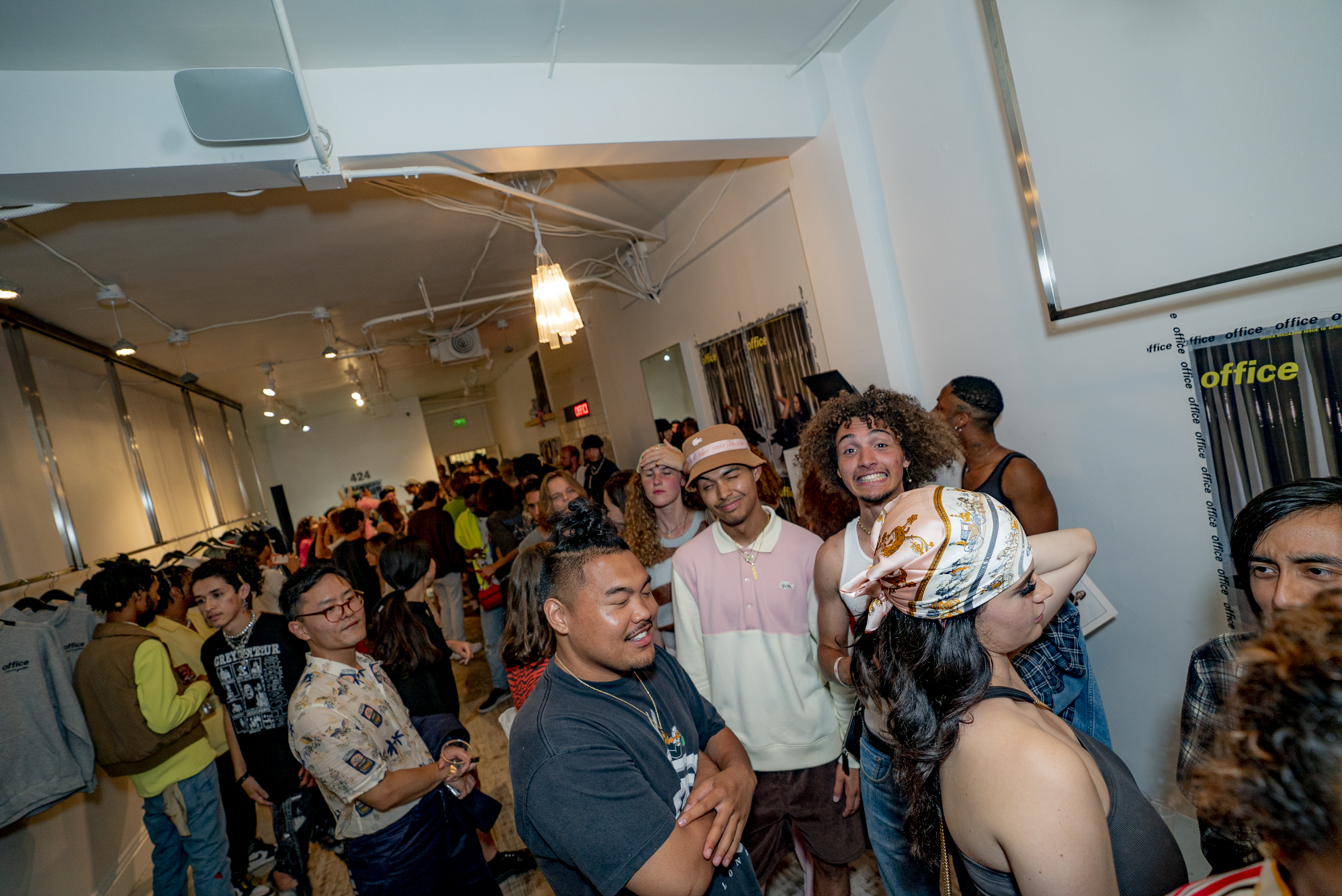
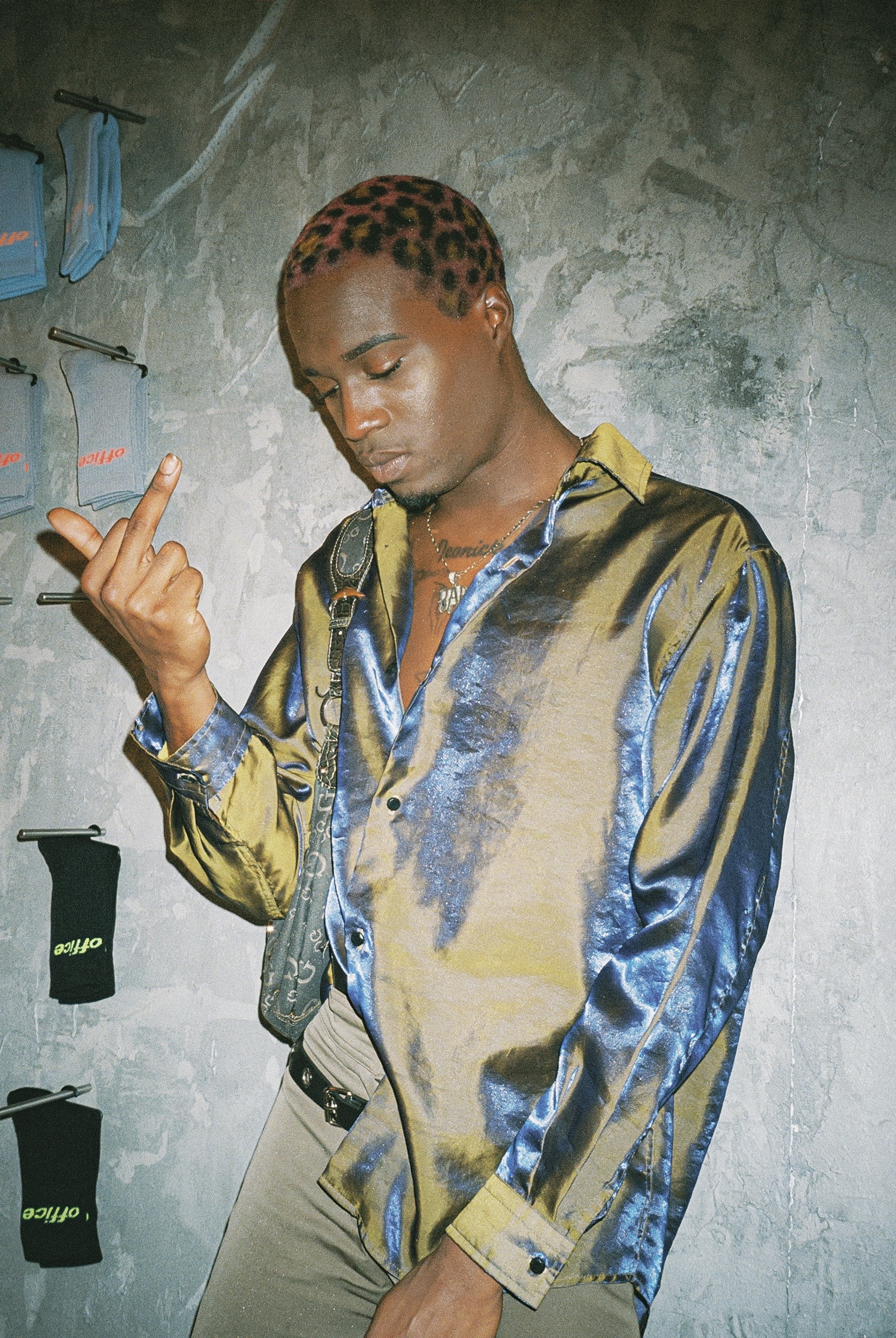

The 13th installment of the festival will take place from August 1-4, centered at the Kimmel Center for the Performing Arts in Philadelphia with additional screenings and events in the surrounding city. In true BlackStar tradition, the festival’s programming is designed to cultivate the community of artists, filmmakers, and audiences beyond the viewing experience, with panels, post-screening Q&As, and parties interspersed throughout the four days. The festival will also make the majority of the year’s films available to screen virtually. This year BlackStar will show 94 films ranging from shorts, features, documetaries, and more, representing filmmakers of color from 40 countries.
Ahead of this year's festival, office caught up with Maori Holmes about psychic tricks, the importance of cultivating a team, and how she scaled a personal project into a movement beyond her expectations. Read our conversation below.
Brook Aster— Thank you so much for taking the time for this conversation. To start, what drew you to film in your early life?
Maori Karmael Holmes— I was interested in a lot of different disciplines growing up, mostly dance, fashion, and some kind of visual art. I was always drawing. I got interested in photography in high school and at the same time, I was also really interested in history. I would read my social studies textbook over the summer, and be done and start reading Vanity Fair and Toni Morrison instead.
I was always interested in looking at history, and I didn't know what to do with that. I was a really good writer. I was interested in a lot, and over time film started feeling like a place that contained a bunch of those interests. It was a discipline that required all of the disciplines.
My mom dated a filmmaker when I was in high school, for all of high school. So we would go to film festivals, and I saw Sankofa and Daughters of the Dust and was really exposed to a lot at that time.
Ultimately, I made the decision to [pursue an MFA in filmmaking] at the time that I was working in journalism. I just thought, this isn't quite cutting it. I want to make these things visual. Film felt like the next step in that.
How did you shift into a more curatorial role? What were the first seeds for what would become BlackStar?
I was always really interested in curating as an idea, because curators were always so well dressed and seemed so interesting when I would go to museums or encounter them in other spaces. I went to Howard for undergrad, and worked on Homecoming and on Yard Fest, and that’s basically programming work. And I studied film history.
Sadly, when I got to graduate school, I had faculty that were not that supportive of my work, and were actually pretty dismissive of the things I was experimenting with. I'm a Taurus, and my personality, especially as a younger person, was such that I was like, well, fine, you don't like what I'm doing? I'm going to do something else. So I put together a film program in my first year of graduate school, of all of my classmates’ work, and people really liked it. There was something about putting this program together that worked for me. I started a graduate school film club in that same year, and then got invited to do some other programs. I realized I was having success doing this, maybe not as the maker that I’d thought, but still using film.
I went through with my degree, and then made a film that went on the festival circuit. At that point, I was applying for other grants and trying to make films. This was in the early 2000s, and I wasn't quite getting the success that I thought I should have right away. I was so young, I didn't really think about patience. I just thought, “I didn't get this grant, I can't make films.”
I wanted to recreate the experiences that I had with my [first] film on the road, which were really transformative. I had this idea to start the first festival that I worked on: Black Lily, the Festival for Women in Film and Music. And then later on, BlackStar came out of a similar desire. I had left Philly and gone to CalArts to do a second MFA. When I came back to Philly, I wanted to make sure that I was doing something in film. I started BlackStar that year as a project, thinking it was a one-time thing.
What catalyzed the first festival? And how did it go from a one-off to an annual event?
There were a lot of anniversaries of independence for different African and Caribbean countries, I was definitely thinking about Black August. It was this one-time celebration in my mind. And it just did really well that first year.
The first year was completely curated, there were no submissions, because I thought it was this one thing. But the way people came out, even that first year, from other cities around the world — people came from London and Berlin and Richmond and Detroit, they came from all over. We got plugged in Ebony. It was such a big deal that people were like, when is it happening again?
And I have to be quite honest, the first six or seven years, it always felt precarious, because we didn't have any money. But people would always ask, when is it happening again? So I'd be like, well, I guess we're doing this again.
LEFT: from Do You See Me dir. Walé Oyéjidé
RIGHT: from Dreams In Nightmares dir. Shatara Michelle Ford
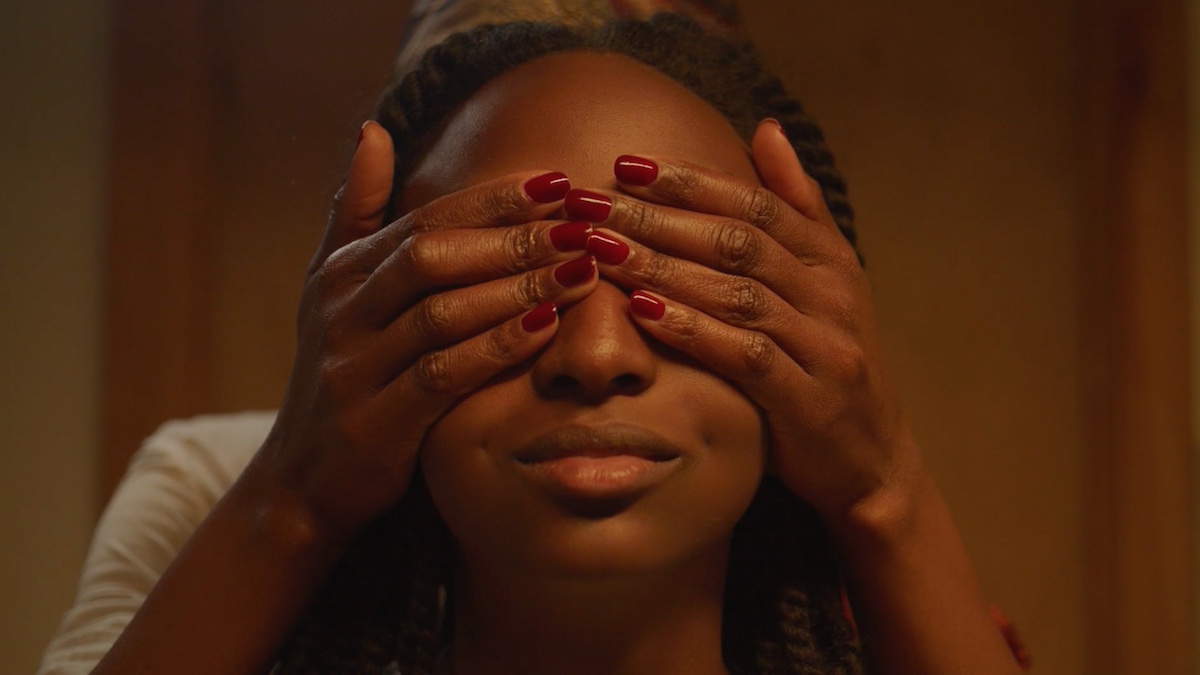
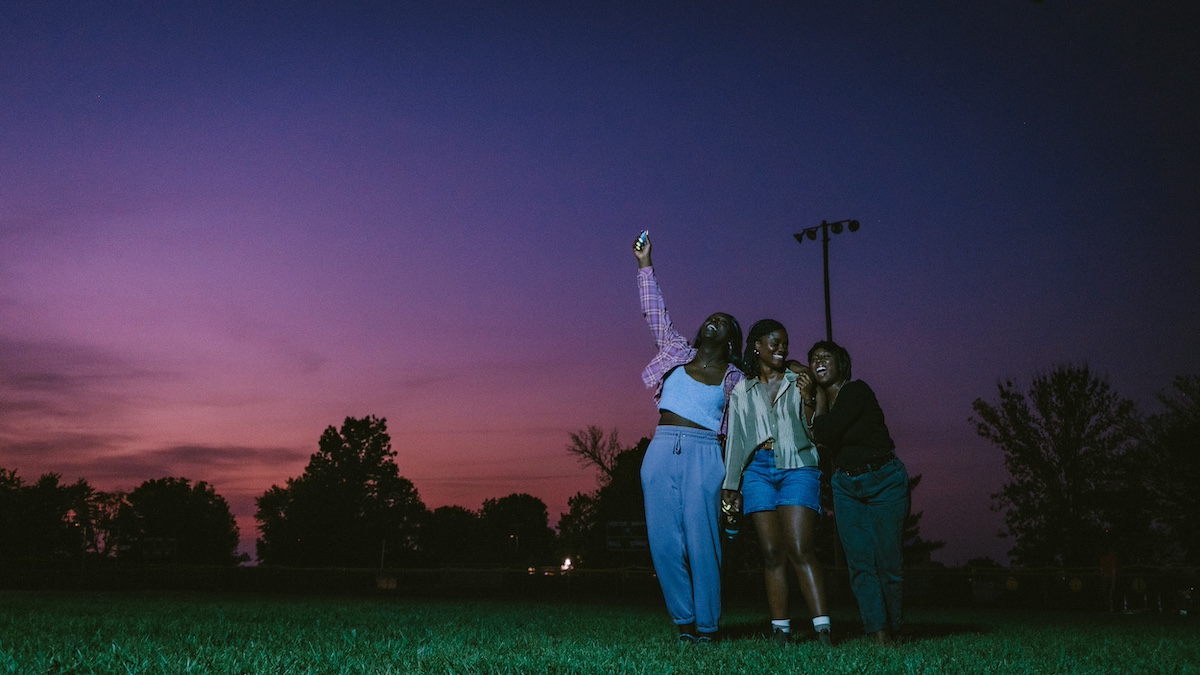
What changed to make you feel like it wasn’t so precarious anymore?
It's still precarious. It's just precarious at a different scale now. From 2012 to 2018, the festival was a project that I did on the side of full-time work. I was working at a foundation during the day. Then there were a couple of years where I was freelancing, then I was working at a museum, then I was working for another nonprofit. BlackStar almost fell apart in 2018 because I was focused on that last job.
I had to make a decision to take it seriously, or let it go. I decided to double down and take it seriously. I did not pursue getting another full time job publicly — I did have to get other work — but I was able to get a really beautiful consultancy in 2019, and that enabled me to project publicly that Blackstar was full time.
That was really just a psychic trick. It's not that I was spending any more time on it than I had before. BlackStar was and still is my entire life, it’s all of my vacations, all of my evenings, my weekends, all of that time. But because funders could meet with me during the day, and I was at conferences, I think it appeared as a different operation.
And to be transparent, someone pulled me to the side and said, “Philanthropy is not going to fund a festival, they're going to fund an organization. So you have to start talking about yourself as an organization that does this festival as one of its programs.” And I thought of all of these things that had been burgeoning, like the journal, the seminar, the lab, these other programs we had been thinking about.
In 2019, a funder had given us two years of funding upfront. I took that second year and hired myself a development consultant and an administrator for the first time. No one had a set fee before. Prior, whatever money we had raised for the festival to pay for everything, whatever was left over, we would split amongst the staff. No one knew what they were making. Everything was just basically for the love. It wasn't exactly volunteering, but it definitely was not a job for anyone.
Having that focused attention shifted what we were able to raise. That gamble of spending that second year on the staff doubled itself, we doubled our budget. So then I hired people in 2020. For the first time, we had a full time staff. We hired five of us. We were still making low salaries, but everyone committed, and then we doubled that number.
If you invest in people, then other resources will come. In 2020, we launched with five, and now we're at 21 people on full-time staff. And these programs have been more fully realized over the last four years.
How have you seen the impact of BlackStar manifested in the world?
I don't know that I have always logged it. We've definitely seen other festivals quite literally mimic our design choices from year to year.
In 2020, we had the benefit of happening late in the festival calendar. If you imagine the global festival calendar, depending on when you want to start the year, you could say it starts in September with Toronto and ends in May with Cannes, or you could say it starts in May. However you want to look at the year, but August is never a part of the equation.
At the beginning of COVID [in March], which was near the end of that cycle, so many festivals had canceled. We had the benefit of getting to learn and sort of study what was going on, and think about the platform and what we wanted to do. We ended up being incredibly successful that year.
I think that Black and Brown folks, we've been anticipating the apocalypse in many ways. We were kind of primed to continue, to live, to survive. People started to learn about BlackStar, who didn't know about it — before, we had a cult following. To have more people learn about us, with 3 million participants in 2020, it was really incredible.
One of the things that we did in 2020 was incorporate a talk show because we wanted to bring some a familial vibe while people were at home, and then we noticed that other festivals incorporated talk shows into their program the next year. So that's one other form of impact.
There have definitely been folks whose careers emerge in tandem with BlackStar. A lot of people who are working now had their first film or their second film with us. I can't say we can take credit for that. I often think of us as taste makers, we're at the vanguard, seeing the talent ahead of time. And we're also definitely a place for any filmmaker that is thinking about also working in the art world. That's like our special, special space.
I think someone else would probably be able to answer what you're really asking, because I'm sometimes just too in it. I have gut responses to things, but I don't know that I have a real bird's eye view to answer that.
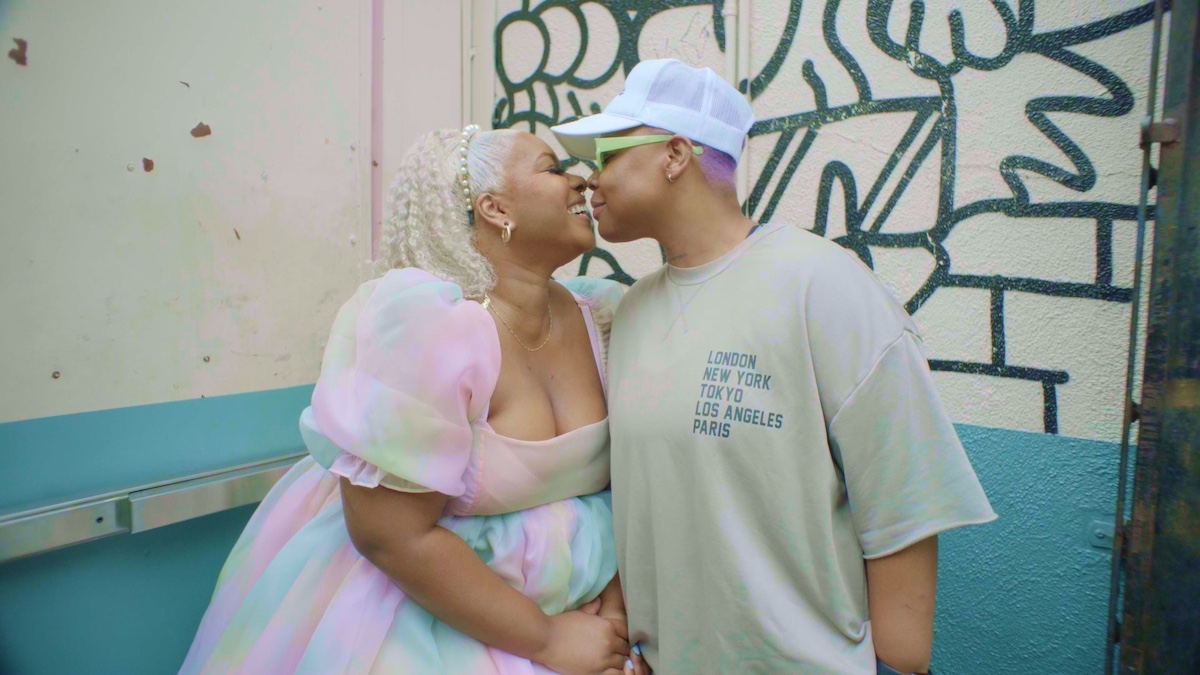
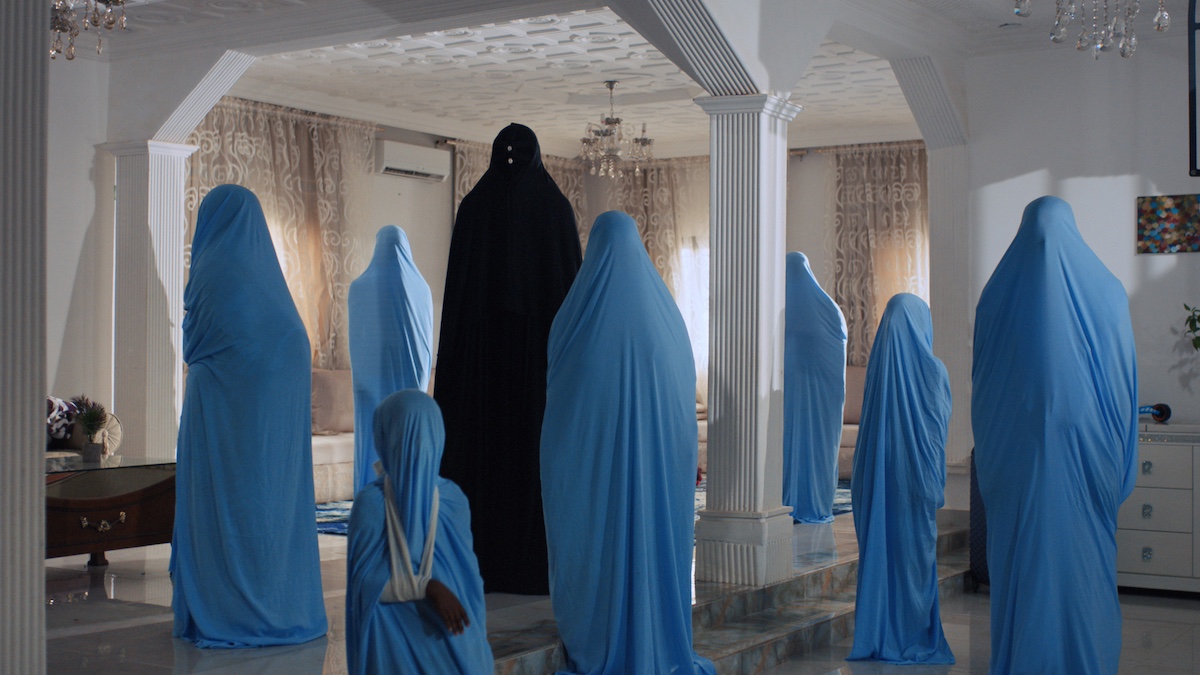
LEFT: from What Channel is Love? dir. Michael Donte
RIGHT: from Enmity Djinn dir. Mohamed Echkouna
There is a really beautiful humility in that answer, and I totally understand feeling too close to it to view it in totality. Are there any films from this year's festival that you are particularly excited about? Or that, you know, you, you had a special moment with?
I feel like my answer is limited in scope, because I don't work on the film program anymore, which is a new development. That said, I'm working my way through the program.
One that I'm really excited about just on a personal level is by Madeleine Hunt-Ehrlich, The Ballad of Suzanne Cesaire. I think the film on so many levels is emblematic of what BlackStar’s foundations are. Thinking about how the film was made, thinking about how Madeline is moving in between the art world and the film world — Madeleine worked on the festival once just for one summer and has shown a lot of work with us. So that's gonna be a really special moment for all those reasons.
Another film that I have to say is really special is by one of my best friends — I'm excited for her, it's her very first film — and that's Yaba Blay's The Whites of Our Eyes. It's a short doc. She’s seen and been a part of so much — she actually named the festival, and so to see her have a film in it is really heartwarming, so beautiful and very, very full circle.
Our opening night film, Shatara Michelle Ford's Dreams In Nightmares also feels truly special. We had Shatara’s previous world premiere back in 2019. With this film, it’s a big deal that we have the world premiere and it didn't go to Sundance or Toronto. We're really holding that care that Shatara is exhibiting with us, and it's a mutual relationship, I hope.
I think the film itself is so sharp. The complexity of queer relationships and chosen families that it's showing, it makes me think about alternative ways of being. The staff at BlackStar, in addition to the work that we're doing in the world, we have been trying to make the work of working be part of it as well. Taking care of the team too is part of our mission.
We have this incredible team of Black, Brown and Indigenous folks, and the number of people that were like, “oh, this was on my vision board” or “I manifested this” when they got the job — it just makes me so happy. And in this political moment, to have a team that is very clear in our politics is also incredible.
There’s that TikTok trend about “Black jobs,” and I saw that and I was just like, we kind of have created a Black job. It's amazing, and I don't take it for granted.
The 13th BlackStar Film Festival will take place from August 1-4, 2024 in Philadelphia, Pennsylvania. Get your passes here.
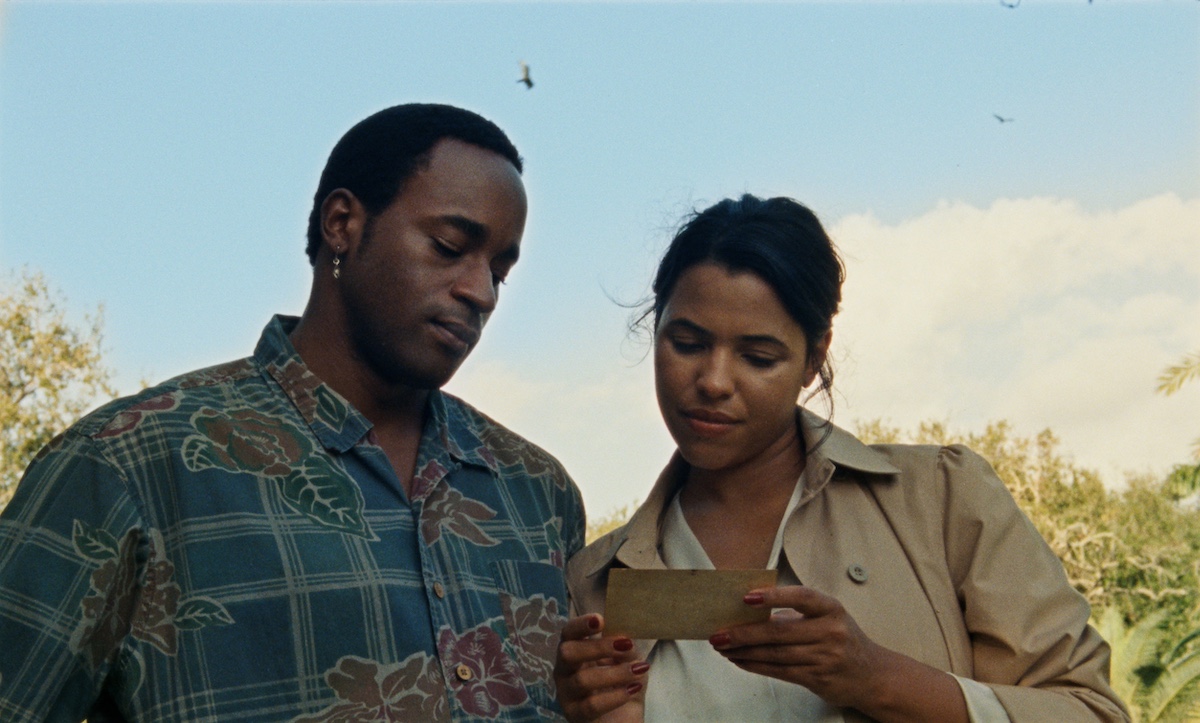
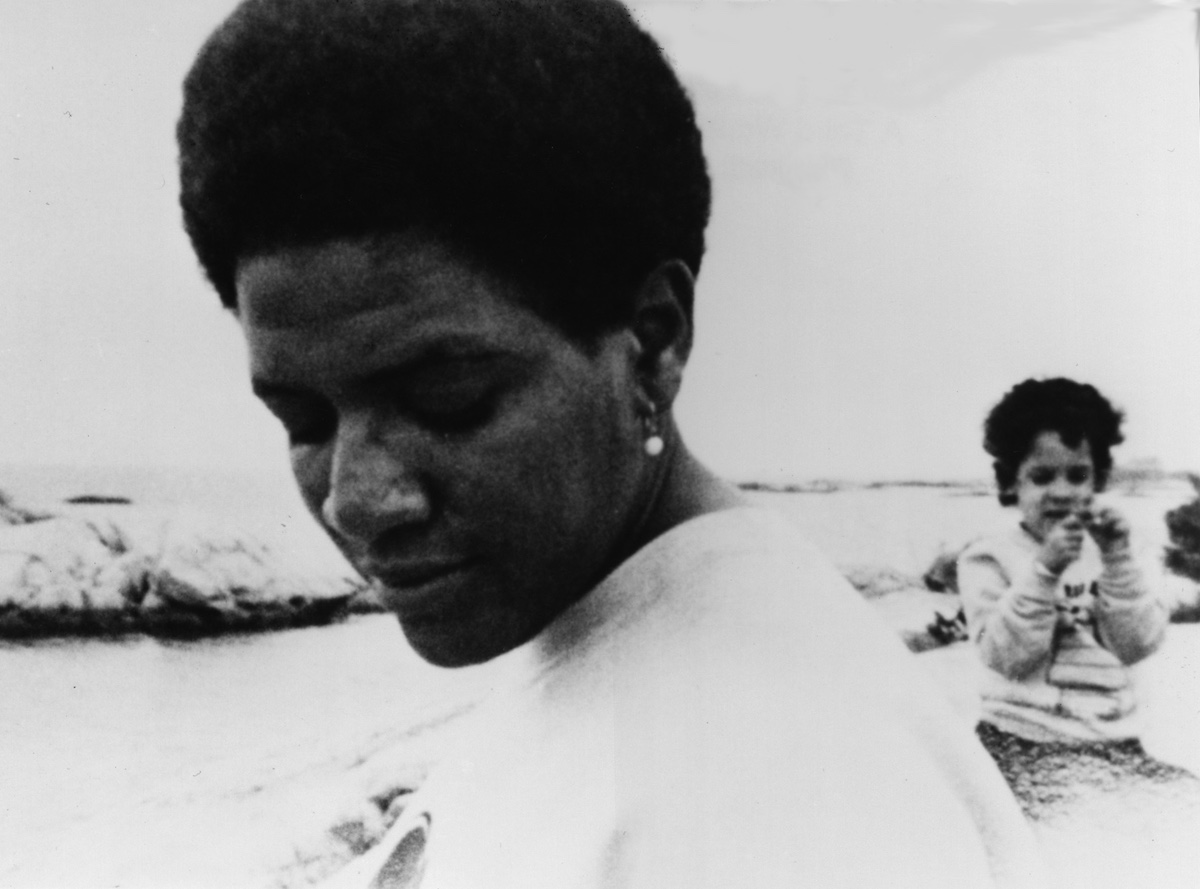
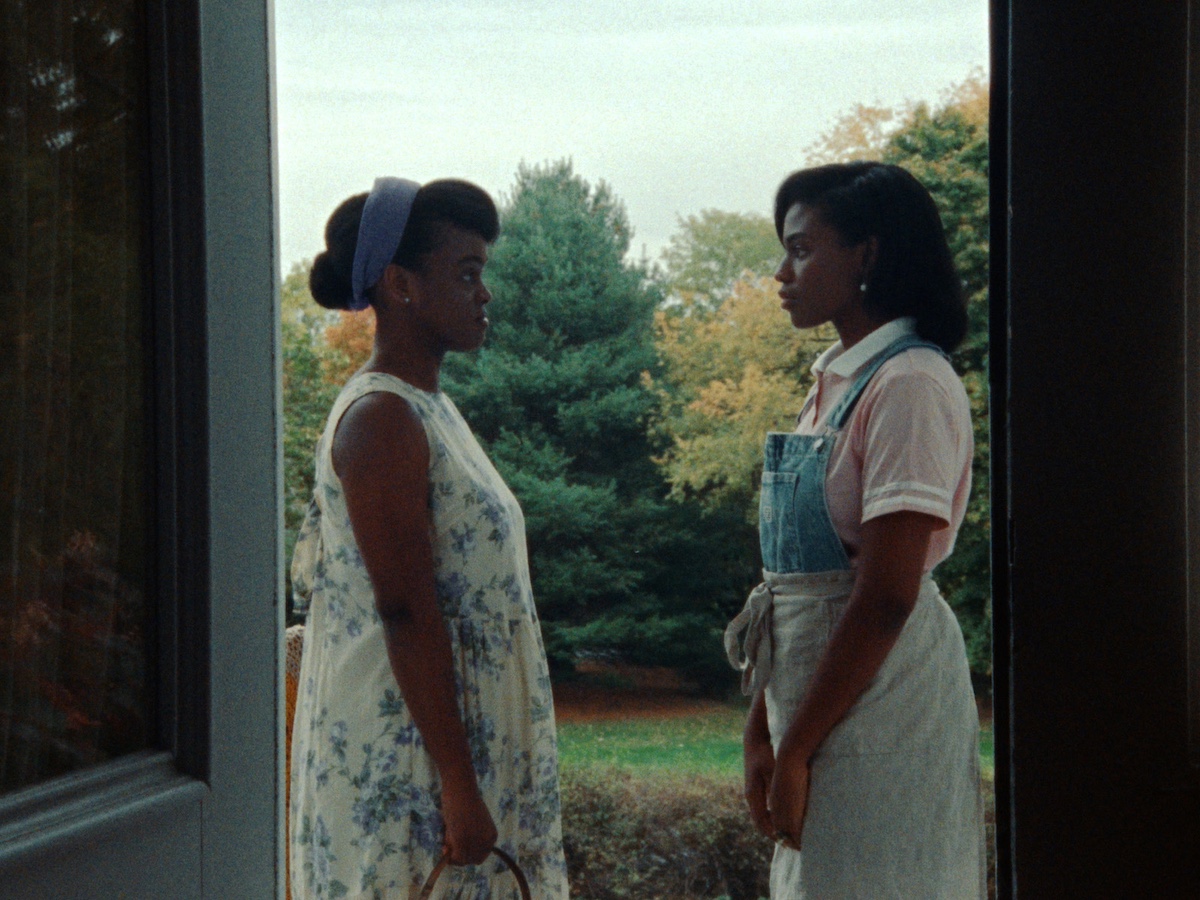
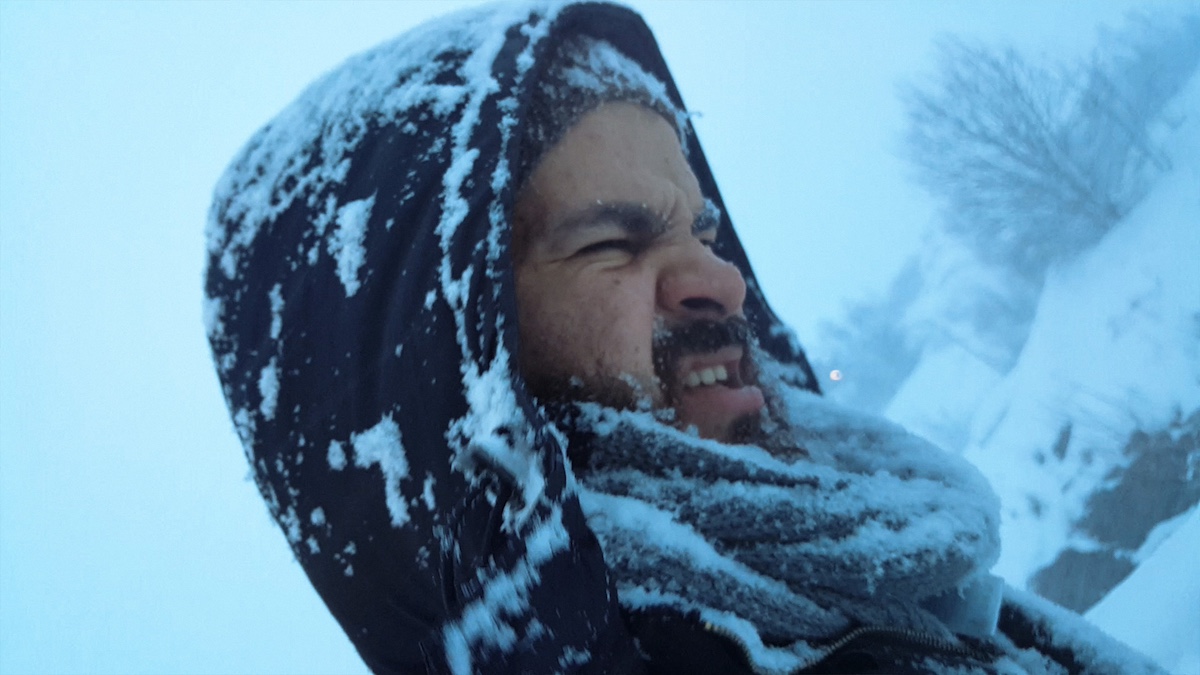
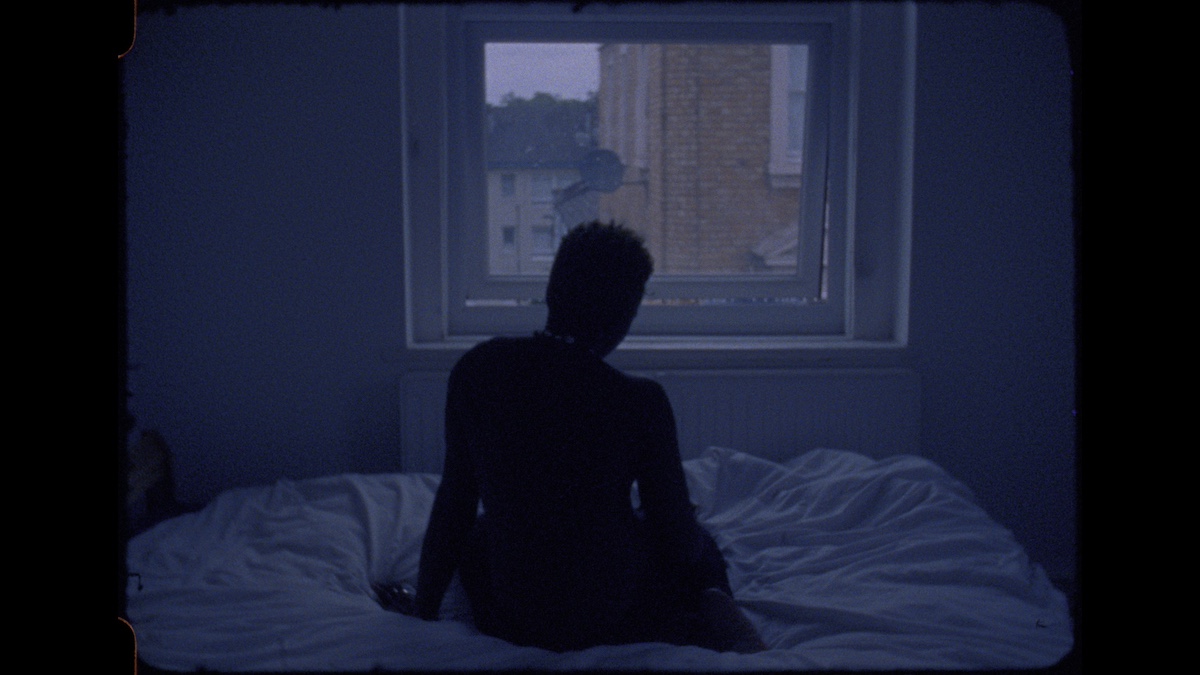
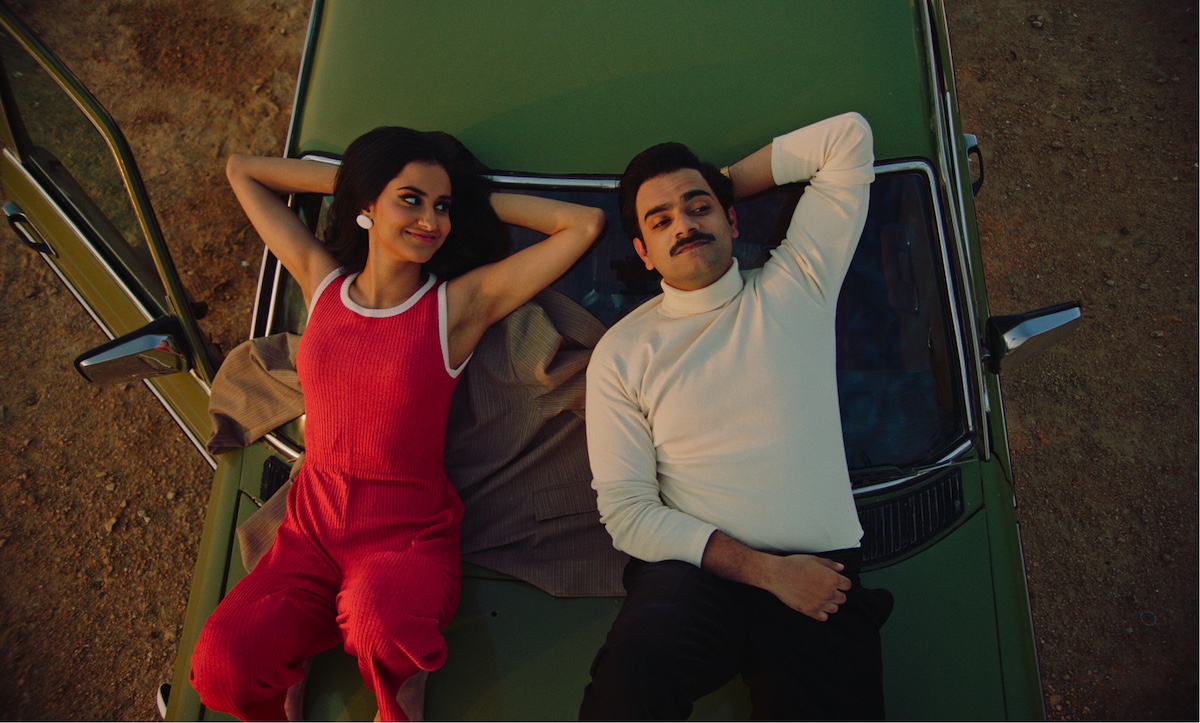

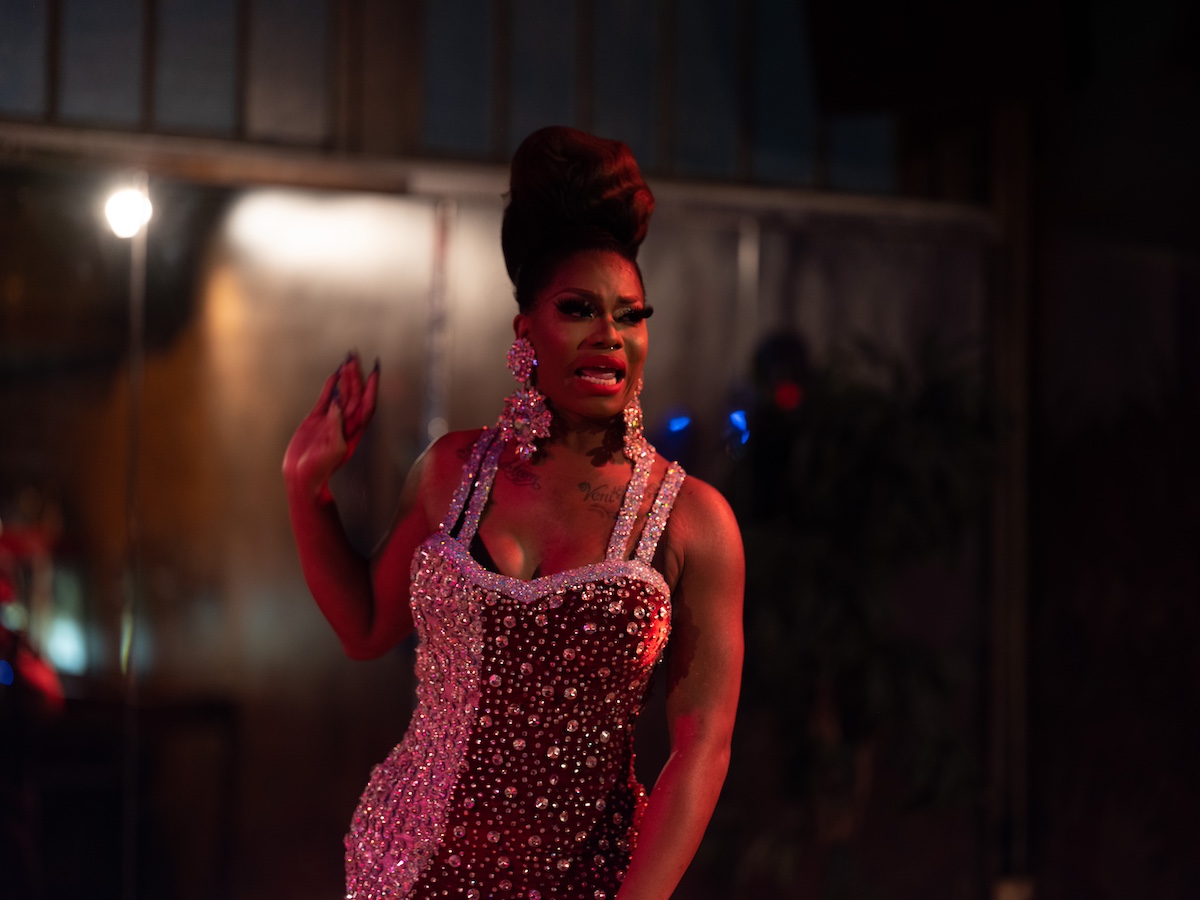
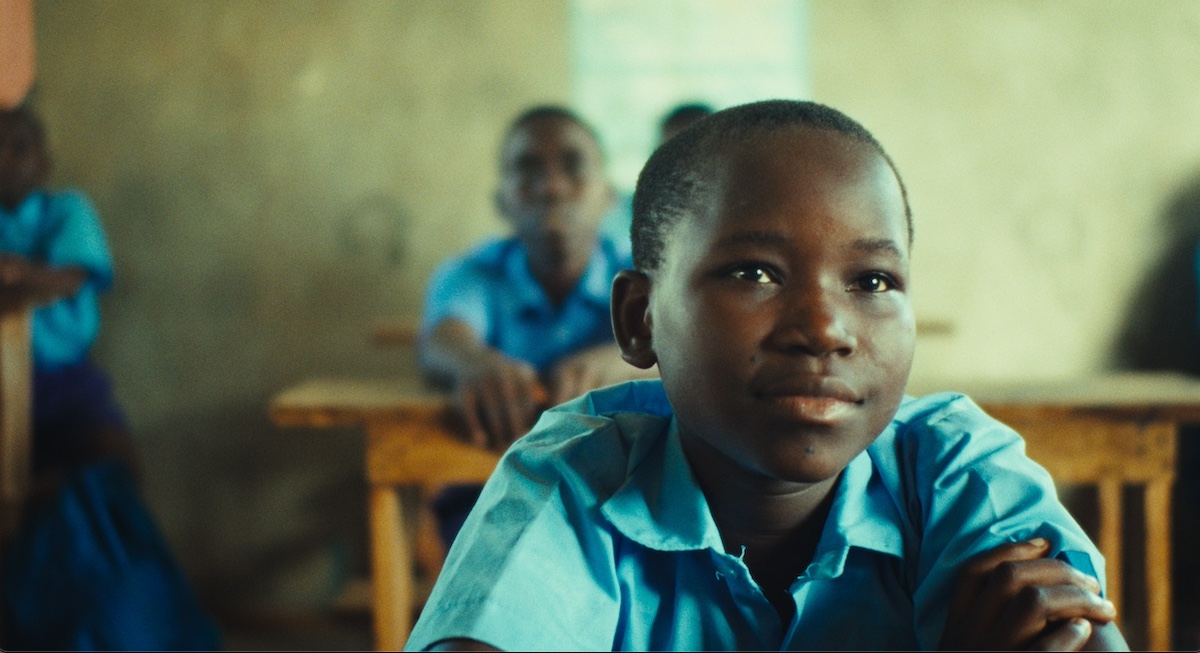
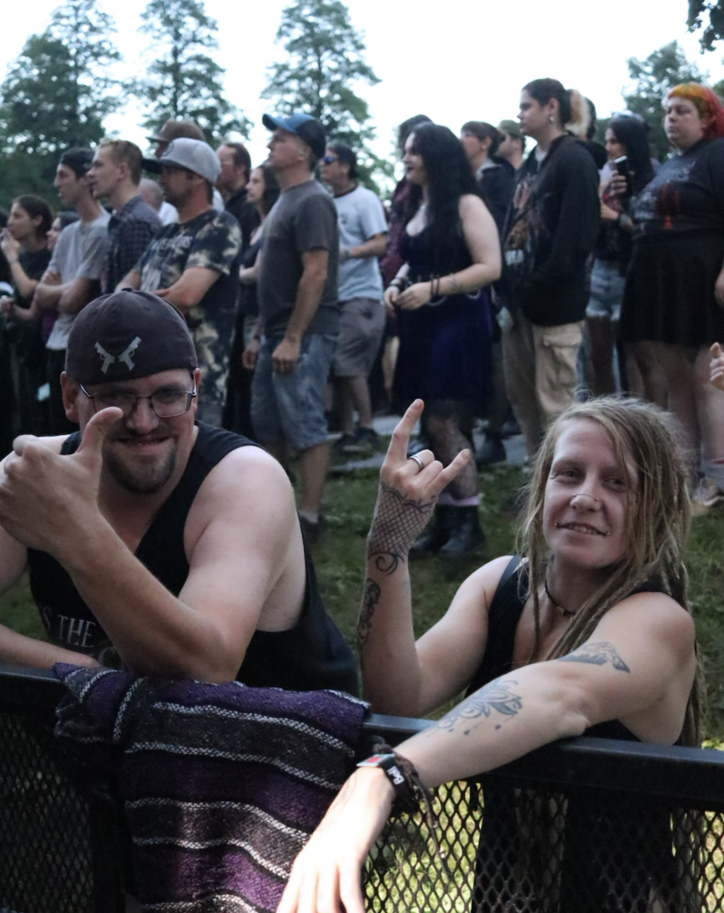
The historic event, which has been a favorite on the festival calendar since 1968, turns Québec City into a cultural hub, drawing over 1.4 million attendees and featuring more than 180 international artists each year. Held in the heart of the city, FEQ transforms the historic Plains of Abraham into a vibrant stage. This site, where a pivotal battle between the British and French once occurred, now hosts the festival's Bell Stage at National Battlefields Park, a venue with a staggering capacity of over 90,000.
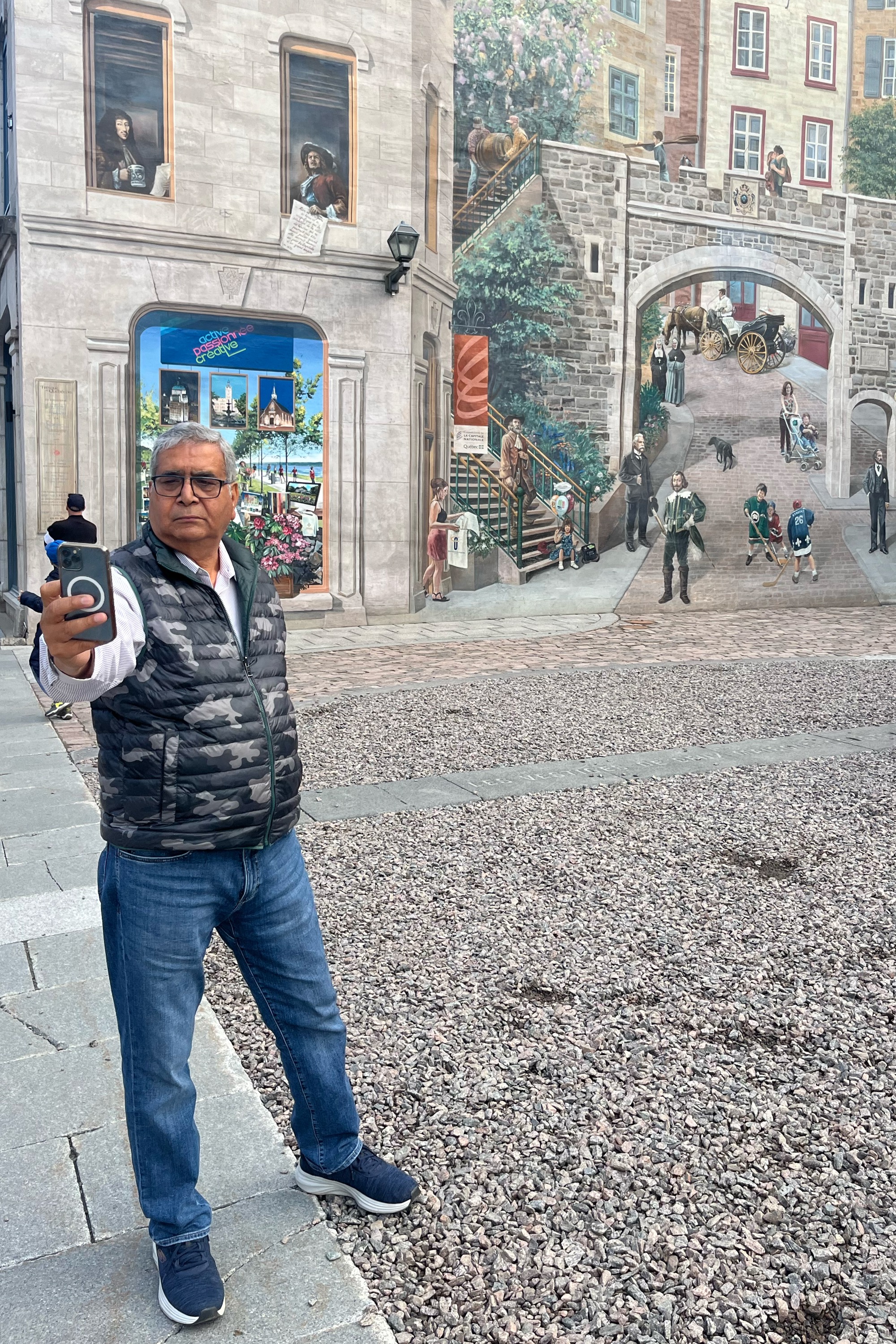
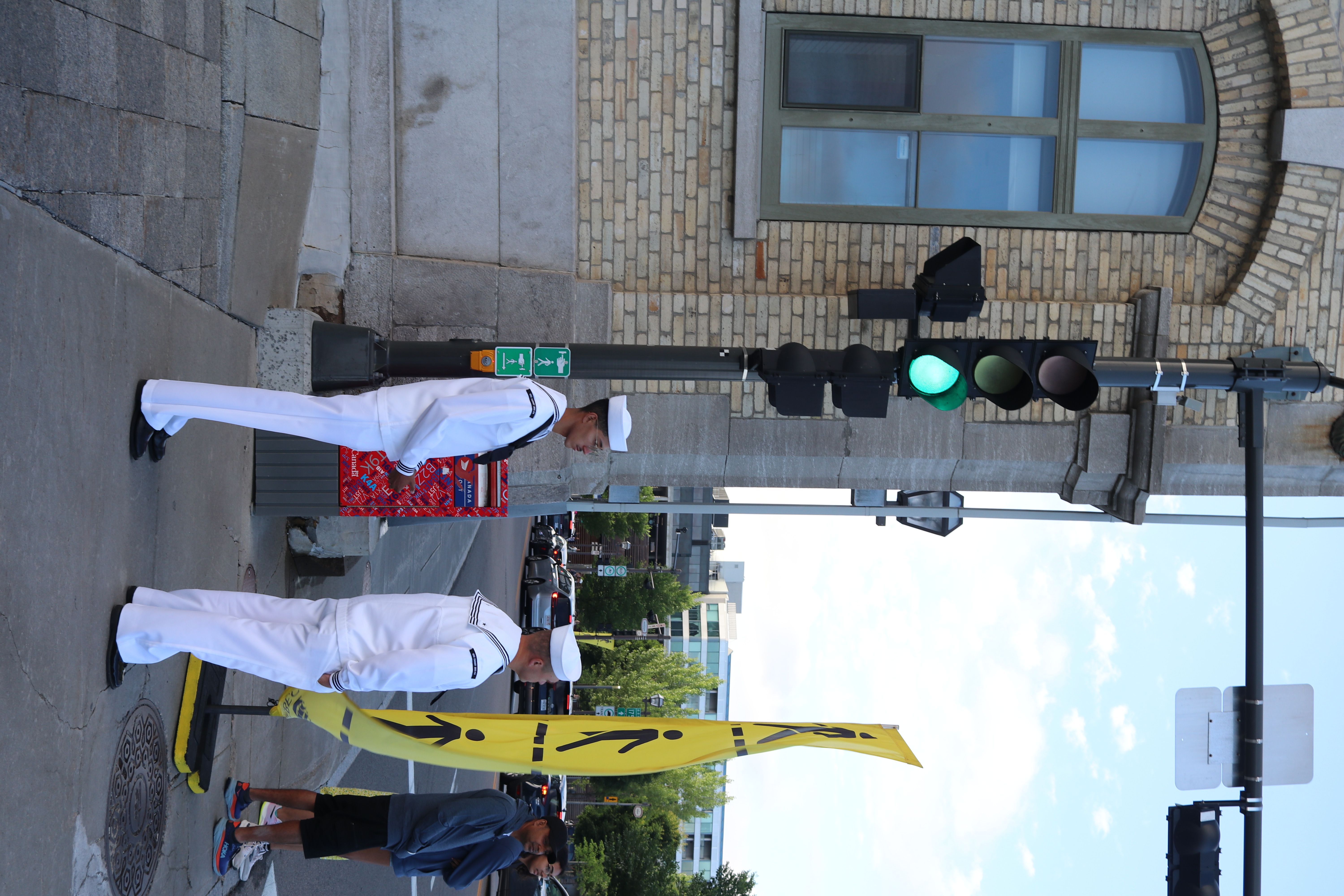
It was only right that the opening night was headlined by Nickelback as they took to the mainstage in their home country to deliver a powerful performance that exhibited nearly 30 years of rock anthems. Excitement peaked on Friday as Killer Mike and 50 Cent brought strong rap performances to the stage before a nostalgic Saturday evening saw the Jonas Brothers and Carly Rae Jepsen bringing out the masses to hear their hits live.
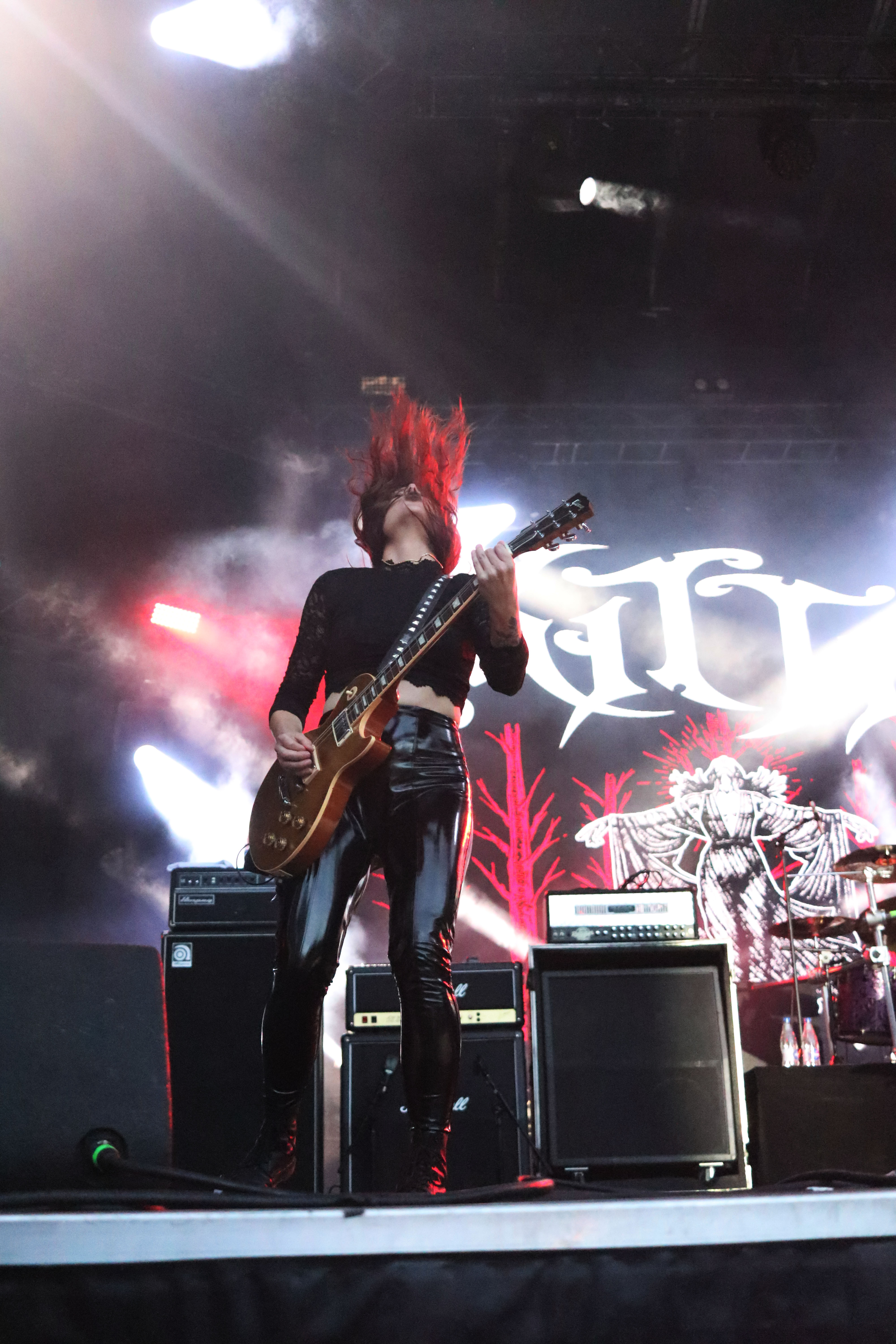
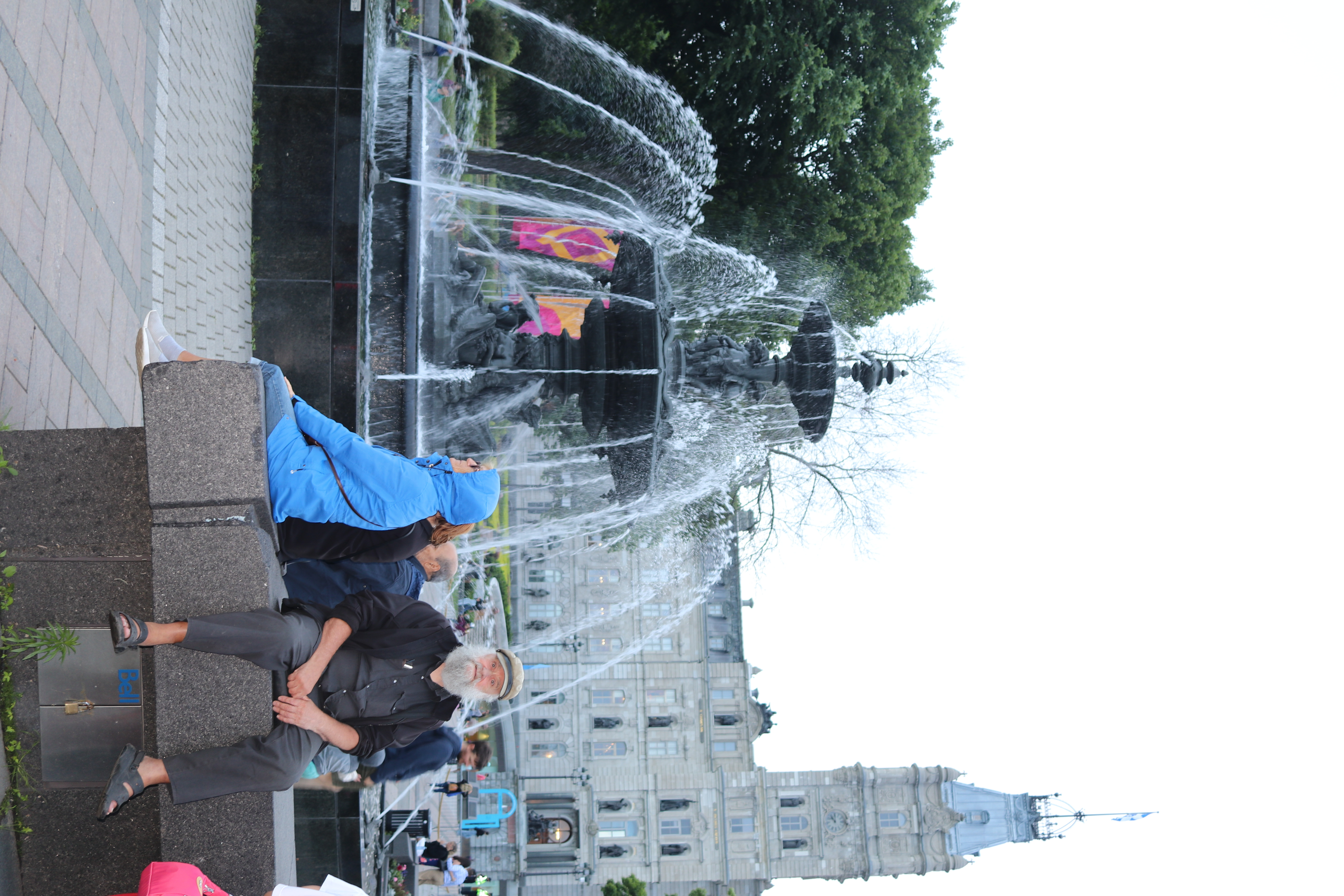
Our early departure sadly meant we weren't there to witness the likes of The Offspring, Post Malone and J Balvin among others. Despite only being there for a portion of the festivities, it was clear that the renowned festival remains a testament to the city's rich cultural tapestry and its dedication to celebrating music in all its forms.
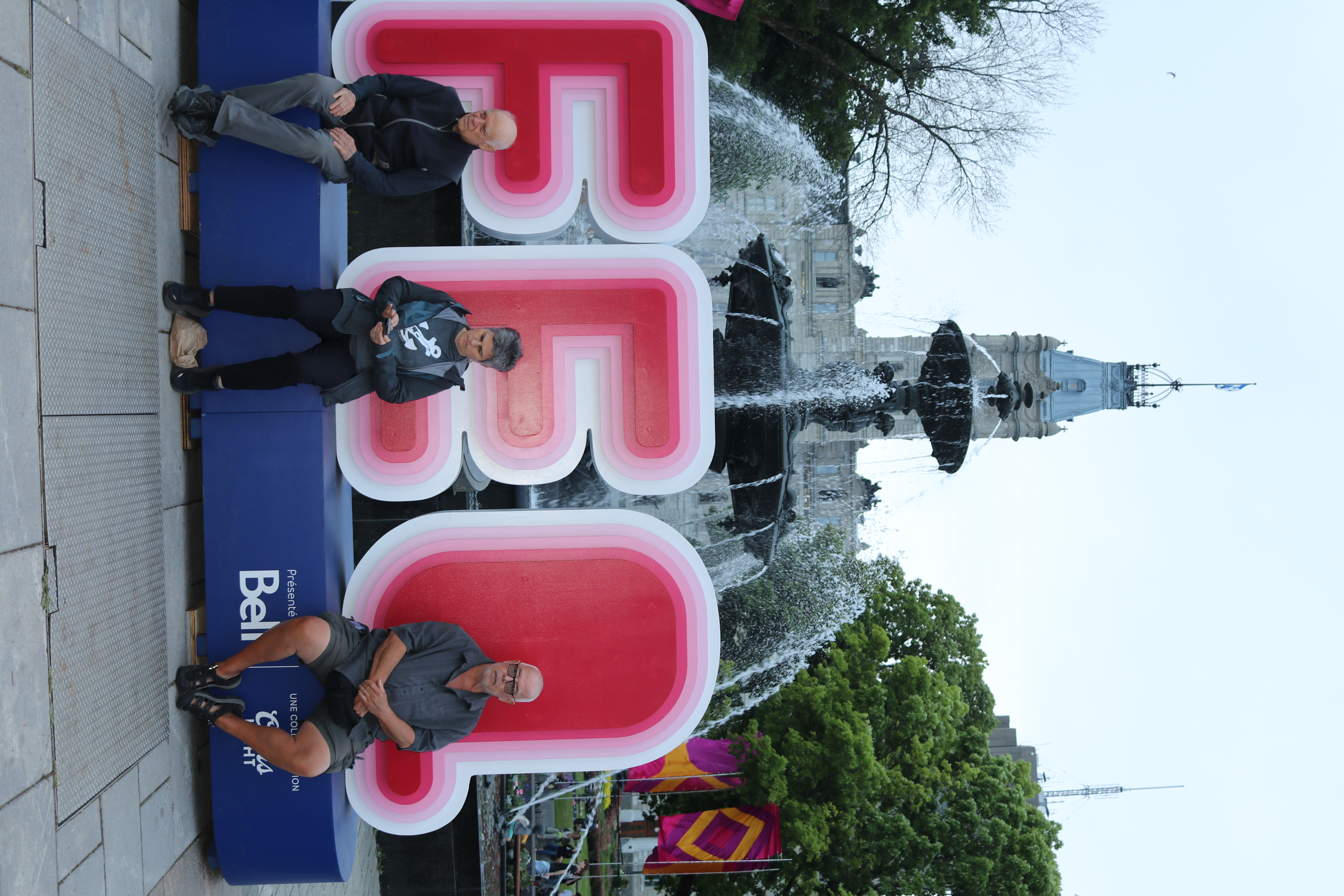
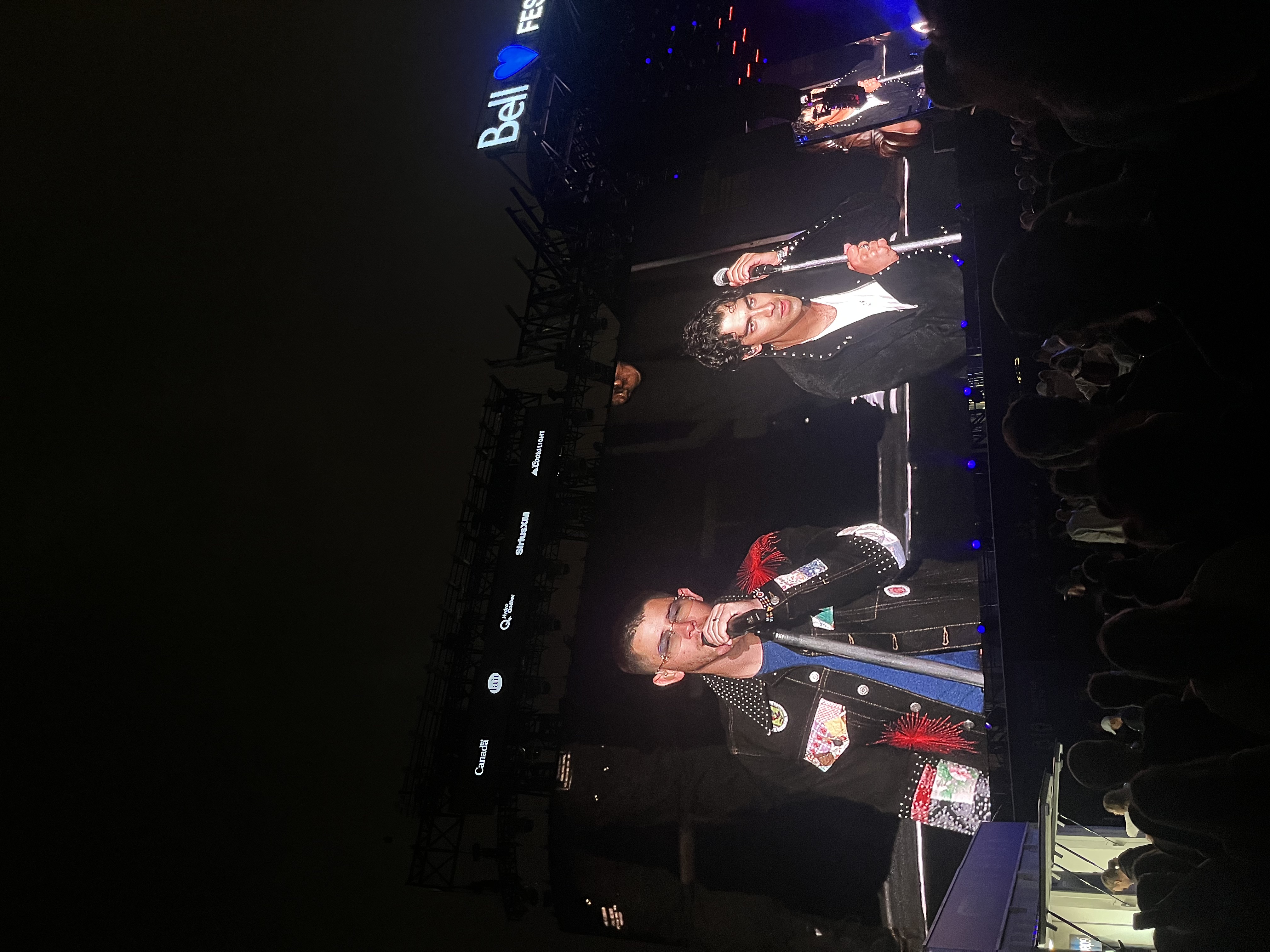
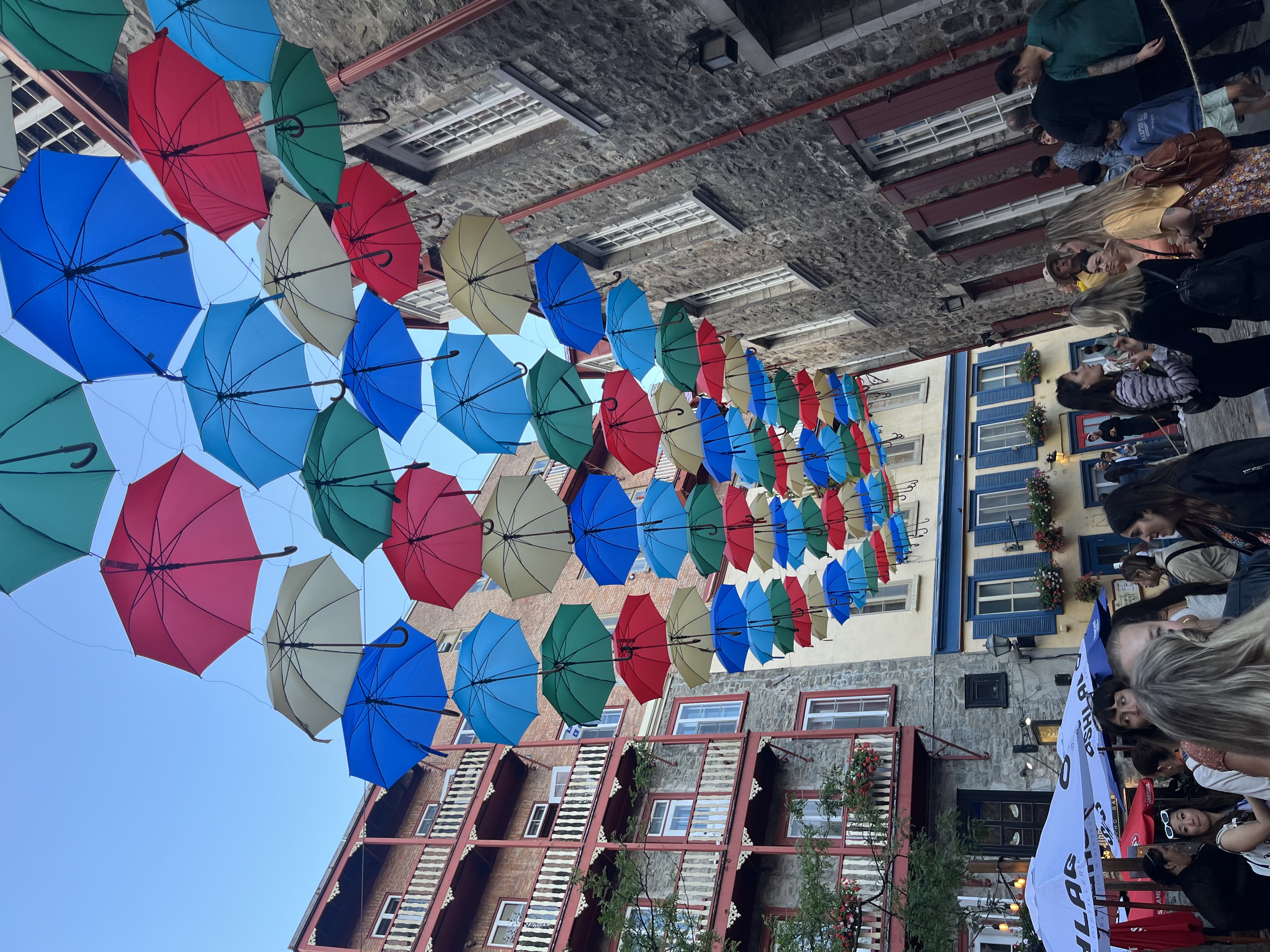
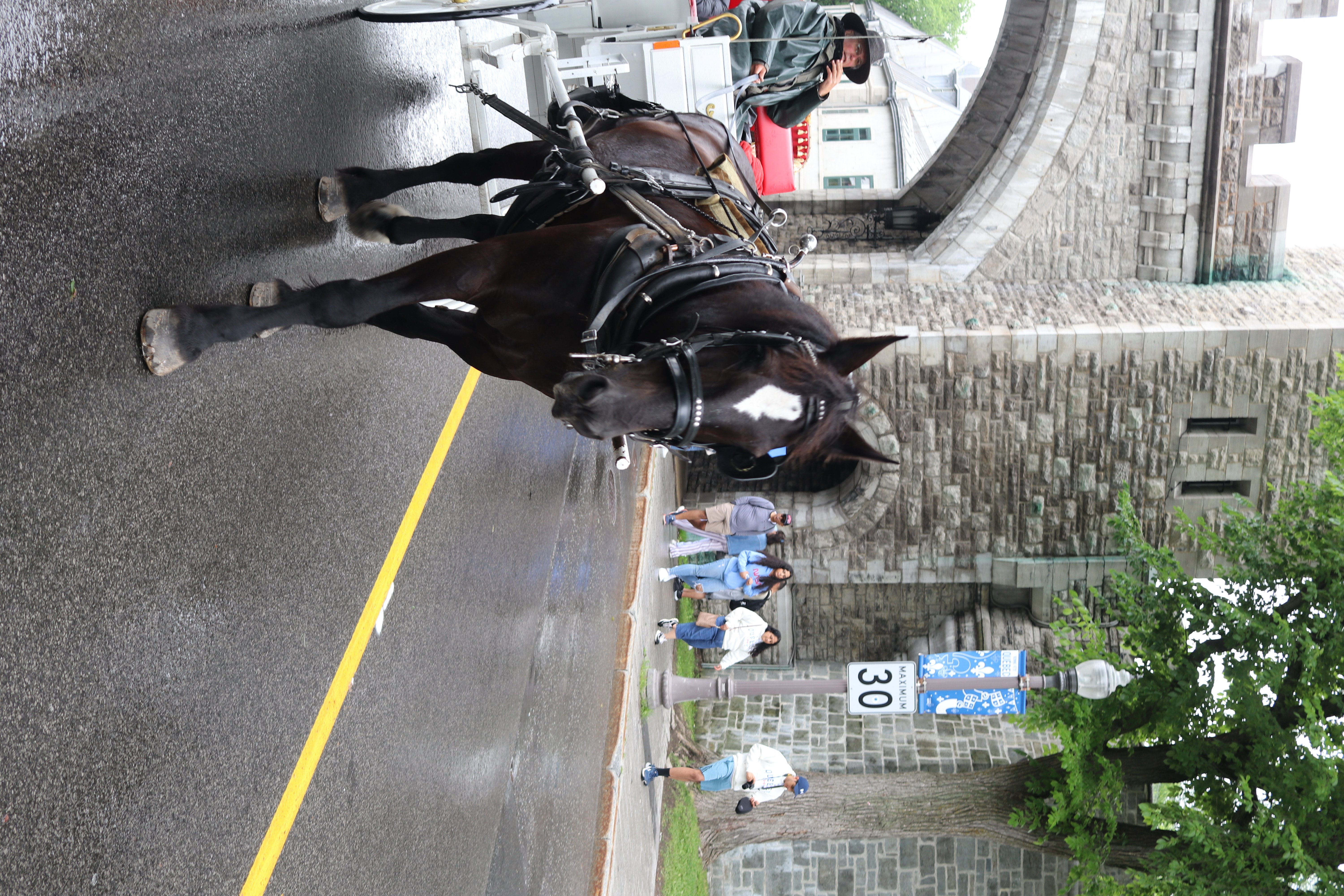
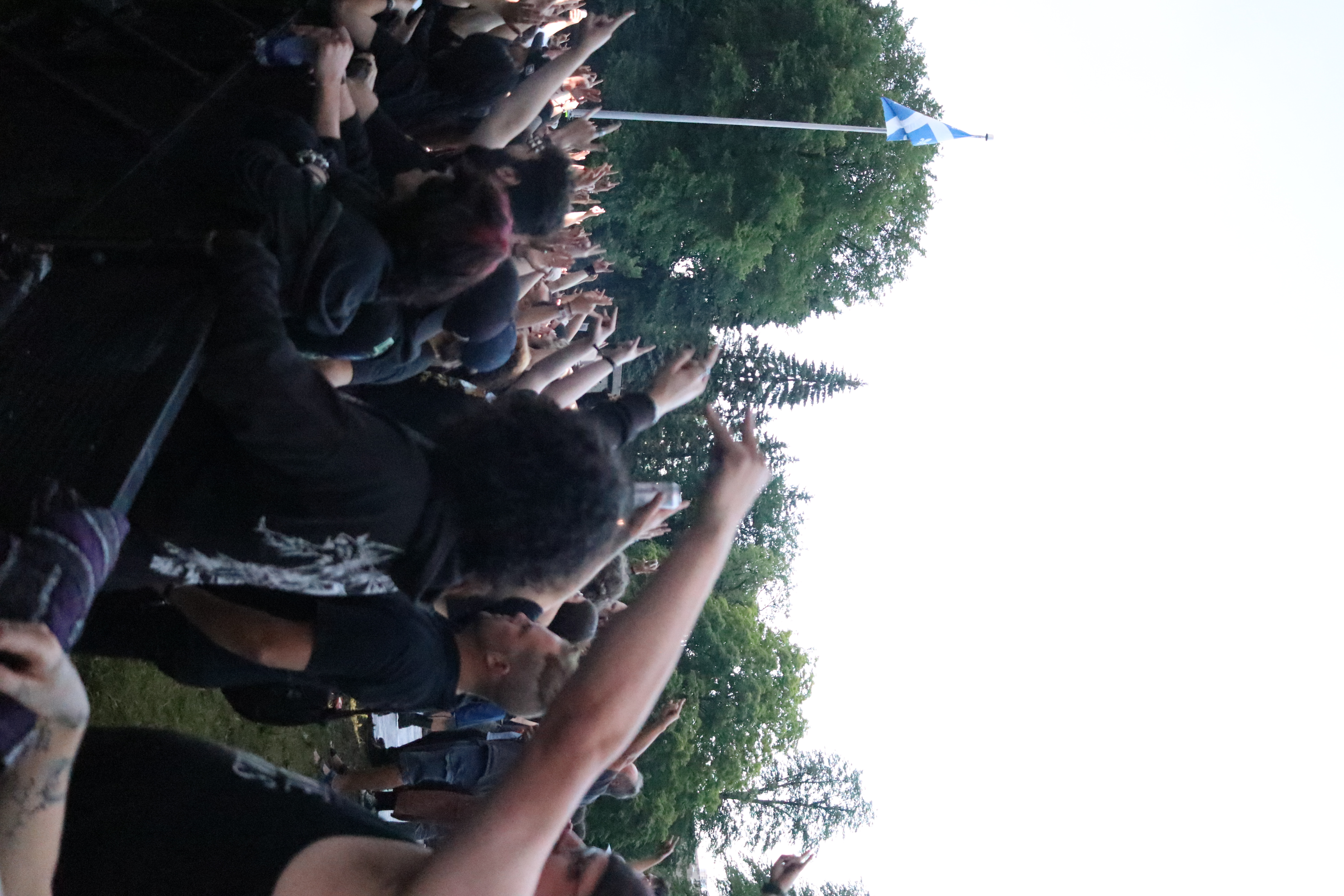
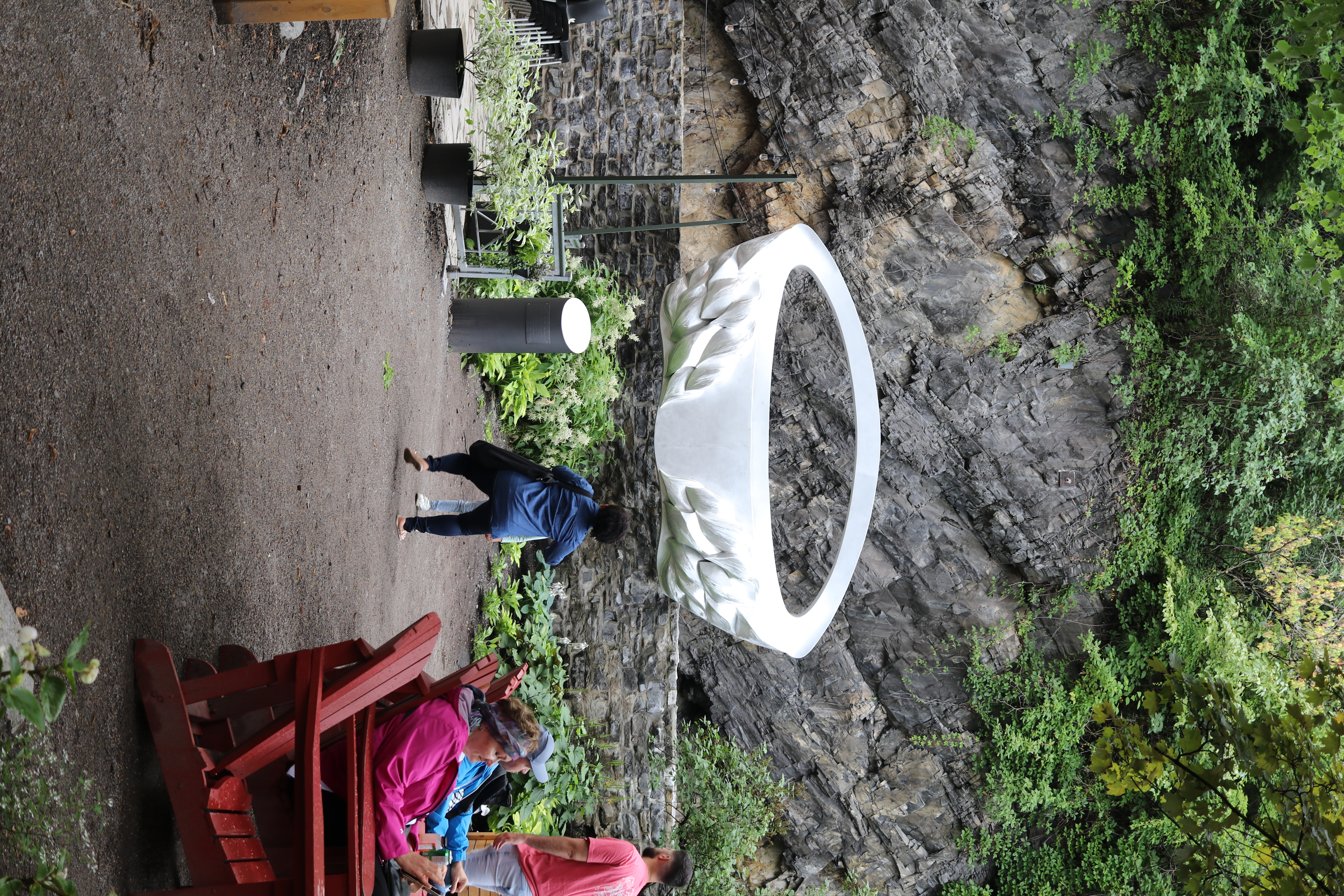
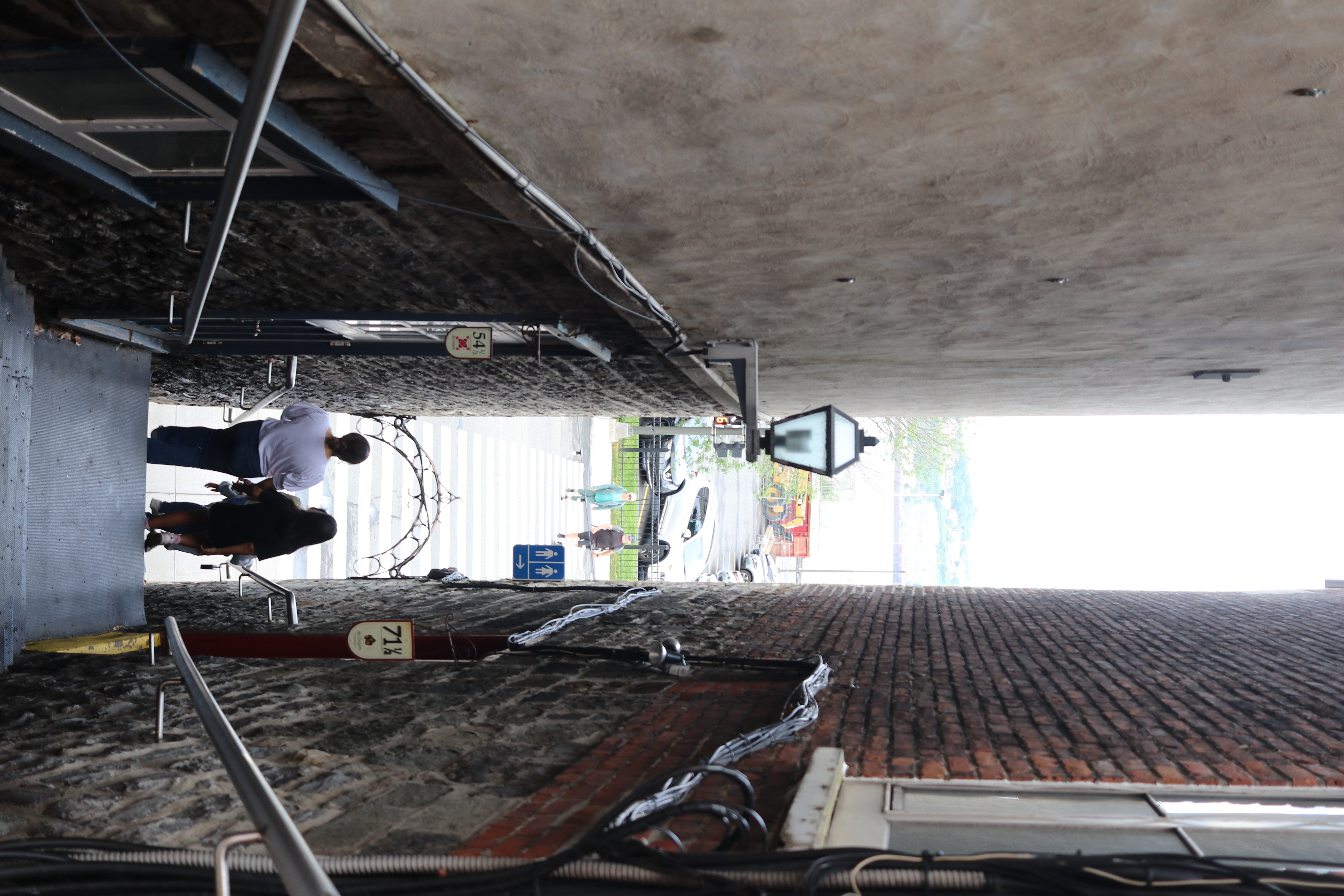
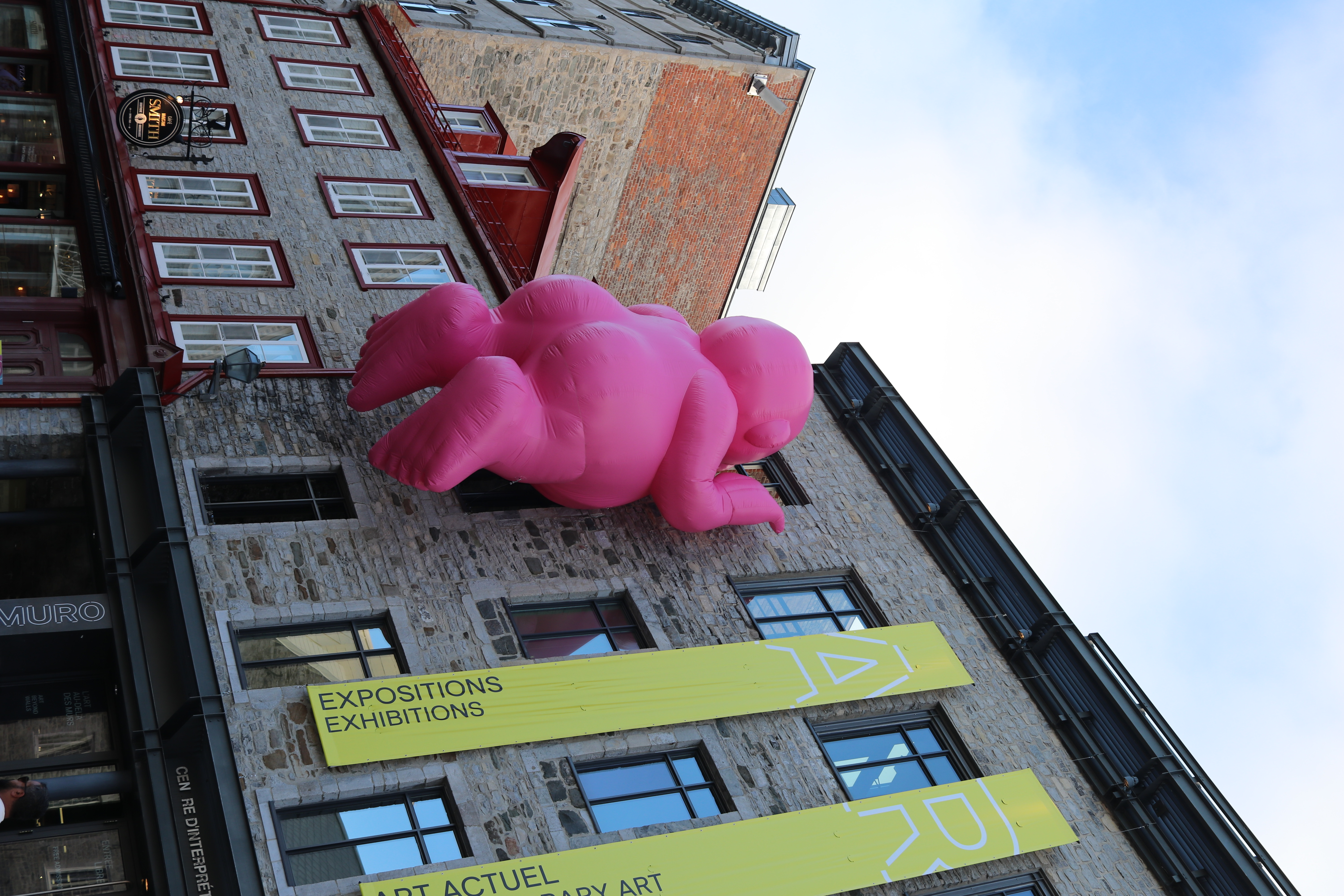
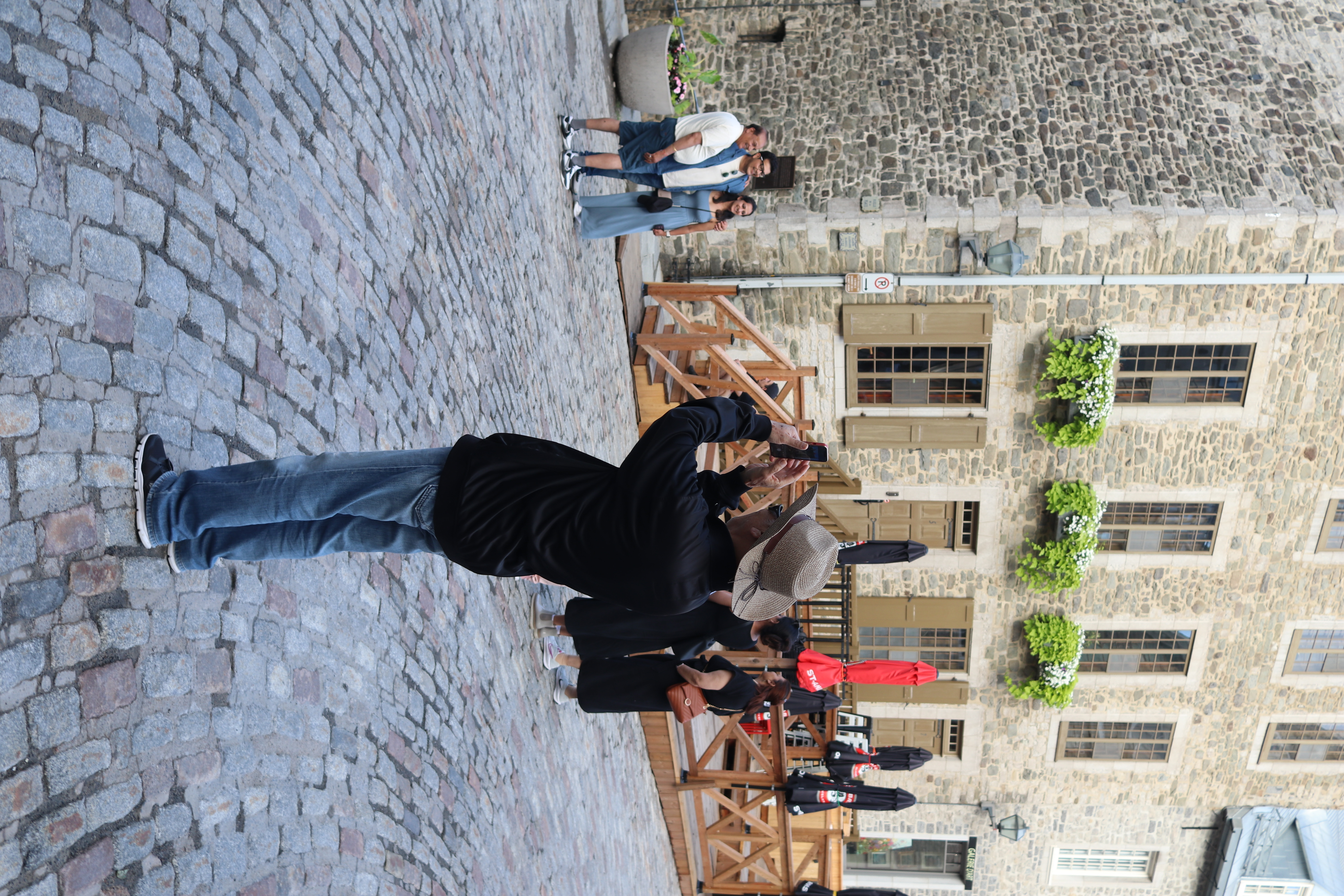
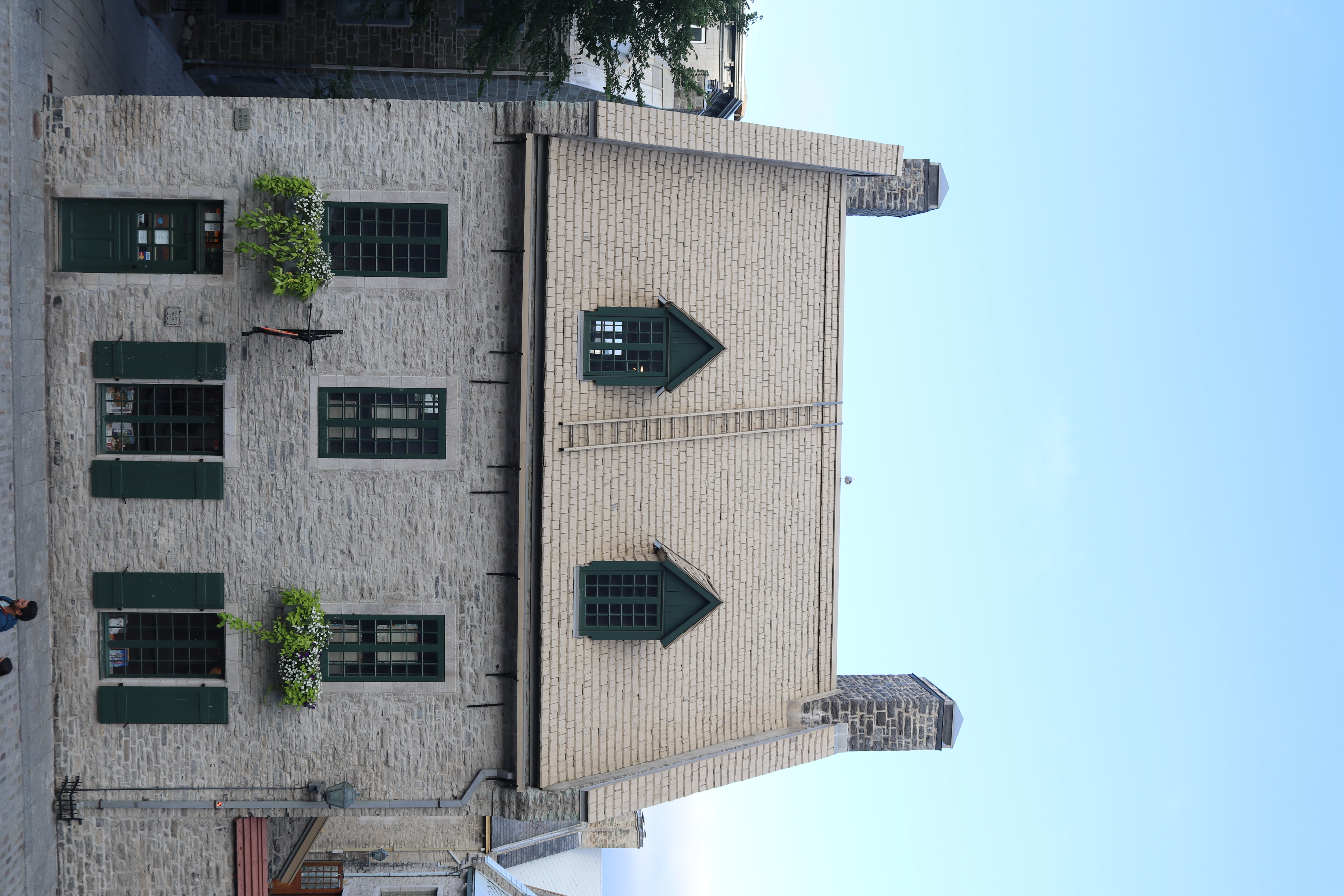
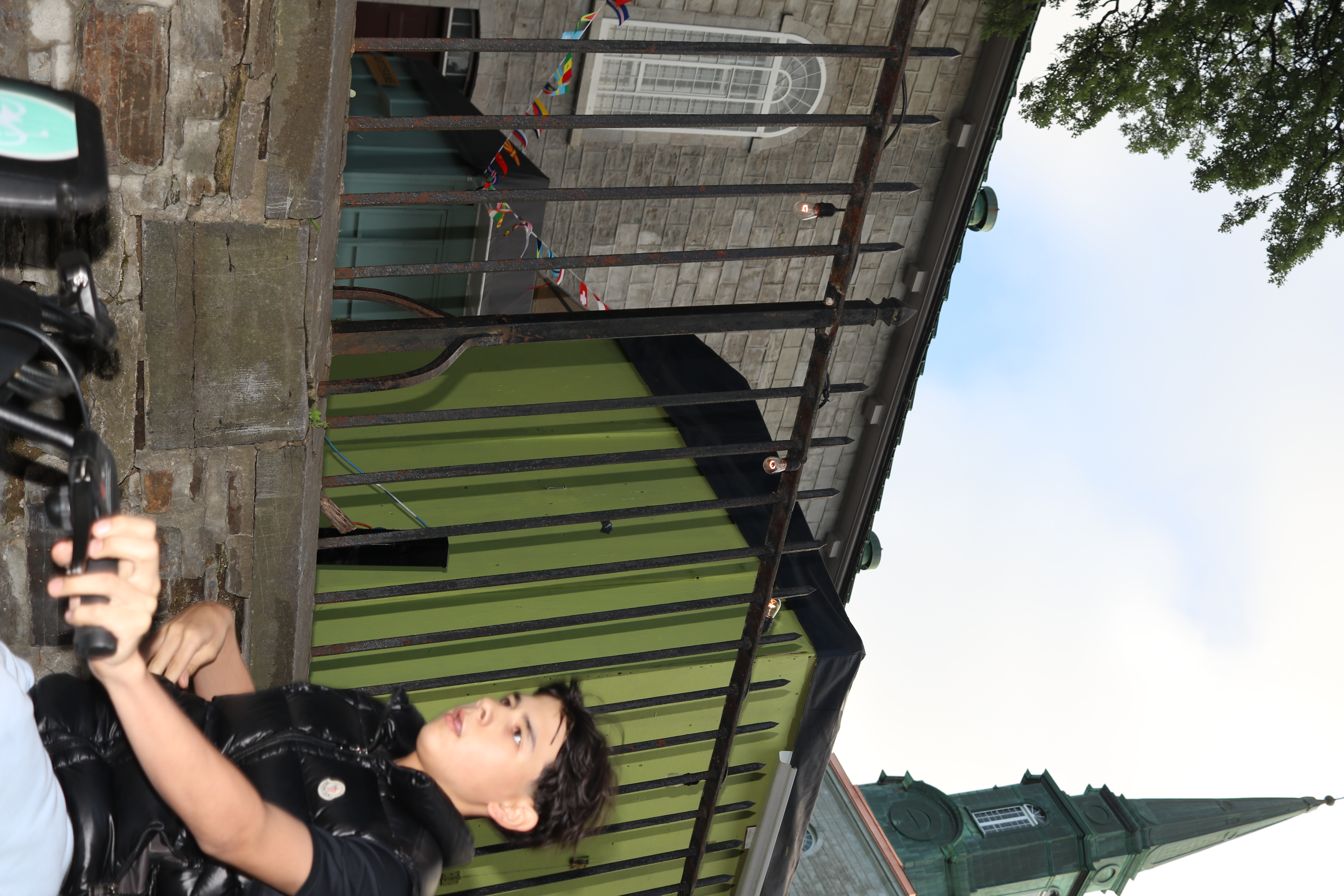
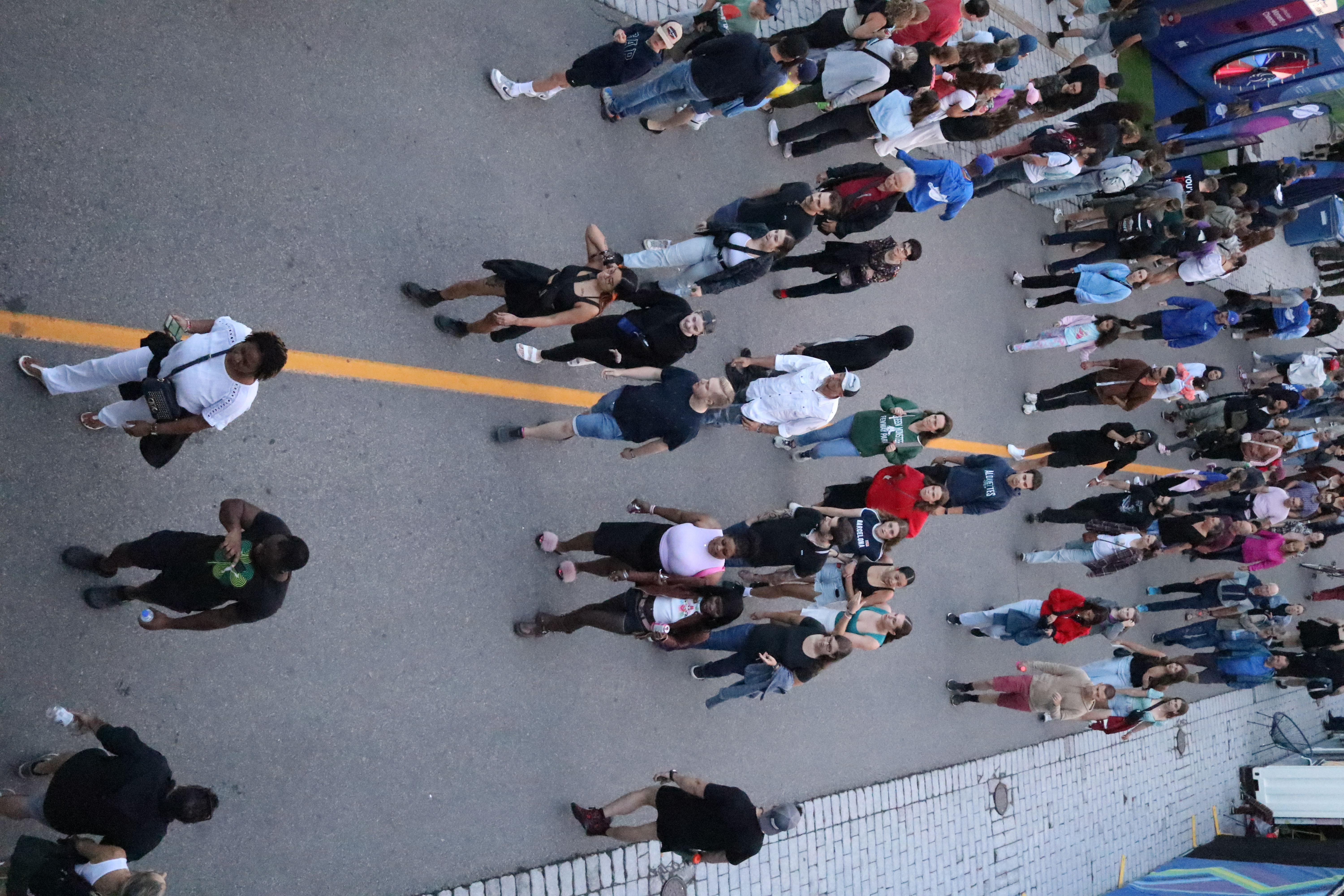
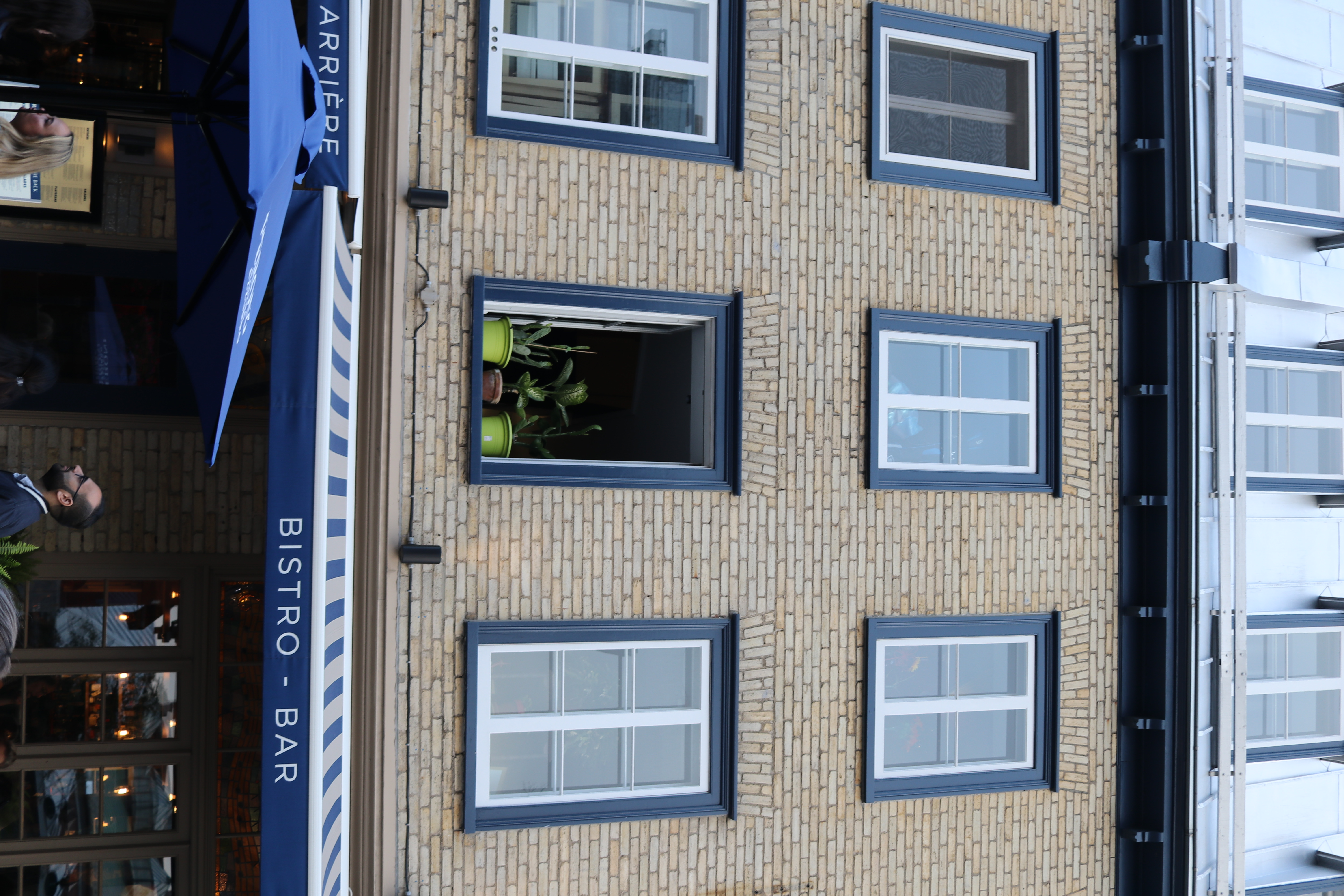

What is your ideal office?
At home surrounded by my plants and my dog.
What is your morning routine?
I wake up and go for a walk with my dog and pick up a matcha. I find that moving my body and getting fresh air first thing in the morning is critical for starting the day off right. If it’s a writing day, I might sit for a tea meditation to allow the words to pour in.
When was the last time a book made you cry?
Every book makes me cry. I’m a voracious reader, and something about leaving a world behind makes me emotional — regardless of the ending. Perhaps that’s why I do the work that I do.
Who was the first person you idolized?
My mother. She taught me to see the world with wonder. She still does.
Where do you go when you write?
First I go in, then I go out.
What is your favorite essay in The Overview?
There’s an edition about crows and ravens — how they have been observed holding funerals — and the universality of grief that comes to mind. Or the one about the mystery of dark matter and dark energy, which comprise the vast majority of our universe and yet scientists cannot identify. And another about dragonflies and incomplete metamorphosis, which came from a deeply tender place.
What’s something you’ve learned about nature that other people should know?
Despite the frameworks many of us have been raised with, nature is inherently queer and trans. Countless species exhibit homosexual behavior and exist on a spectrum when it comes to sex and gender — including gynandromorphic birds and insects, clownfish that change sex, and fungi that exist in tens of thousands of different forms of what we call gender. Biodiversity is the hallmark of nature, and what is queerness if not a celebration of that?
Is romanticism dead?
It’s up to us what we let die, and what we let live on through us. I choose to be a romantic. I think I always knew that I wouldn’t survive this world if I didn’t fall in love with it.
Which weather phenomenon best describes you?
I’ve always loved summer storms. Something about the rain and lightning feel cathartic to me, like a release of tension building under the surface that you couldn’t previously place. Maybe that’s not me, but I hope it’s what my words can be.
What have you learned recently about yourself?
That I never stop evolving.
How do you find balance?
I write.
If you could be any animal for a day, which one would you choose?
A hummingbird. They are the only animal that has the ability to hover, which they adapted in order to remain unmoving enough to drink the nectar of delicate flowers without damaging them. I often think about that: how sweet it would be to finally learn to be still.